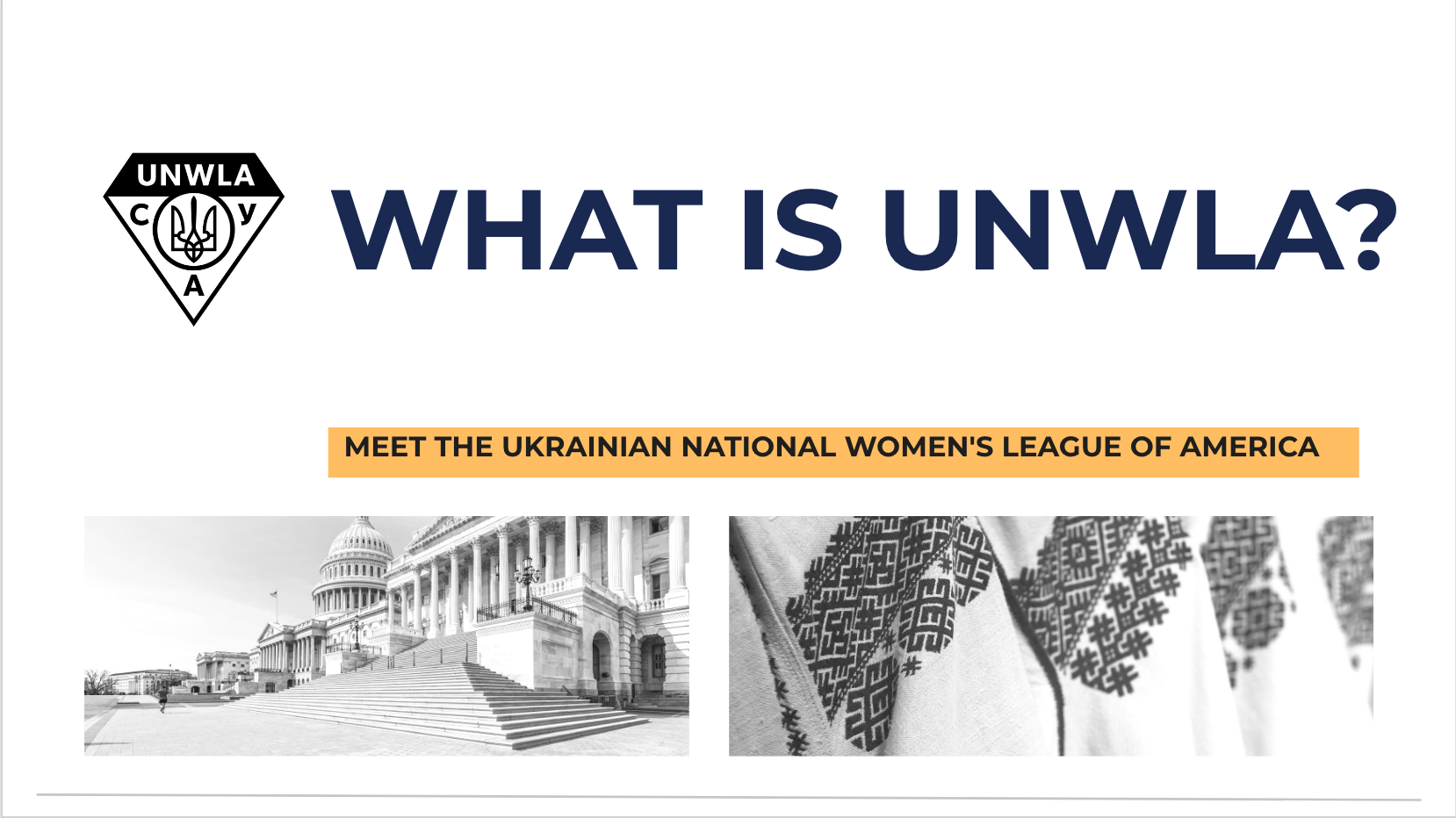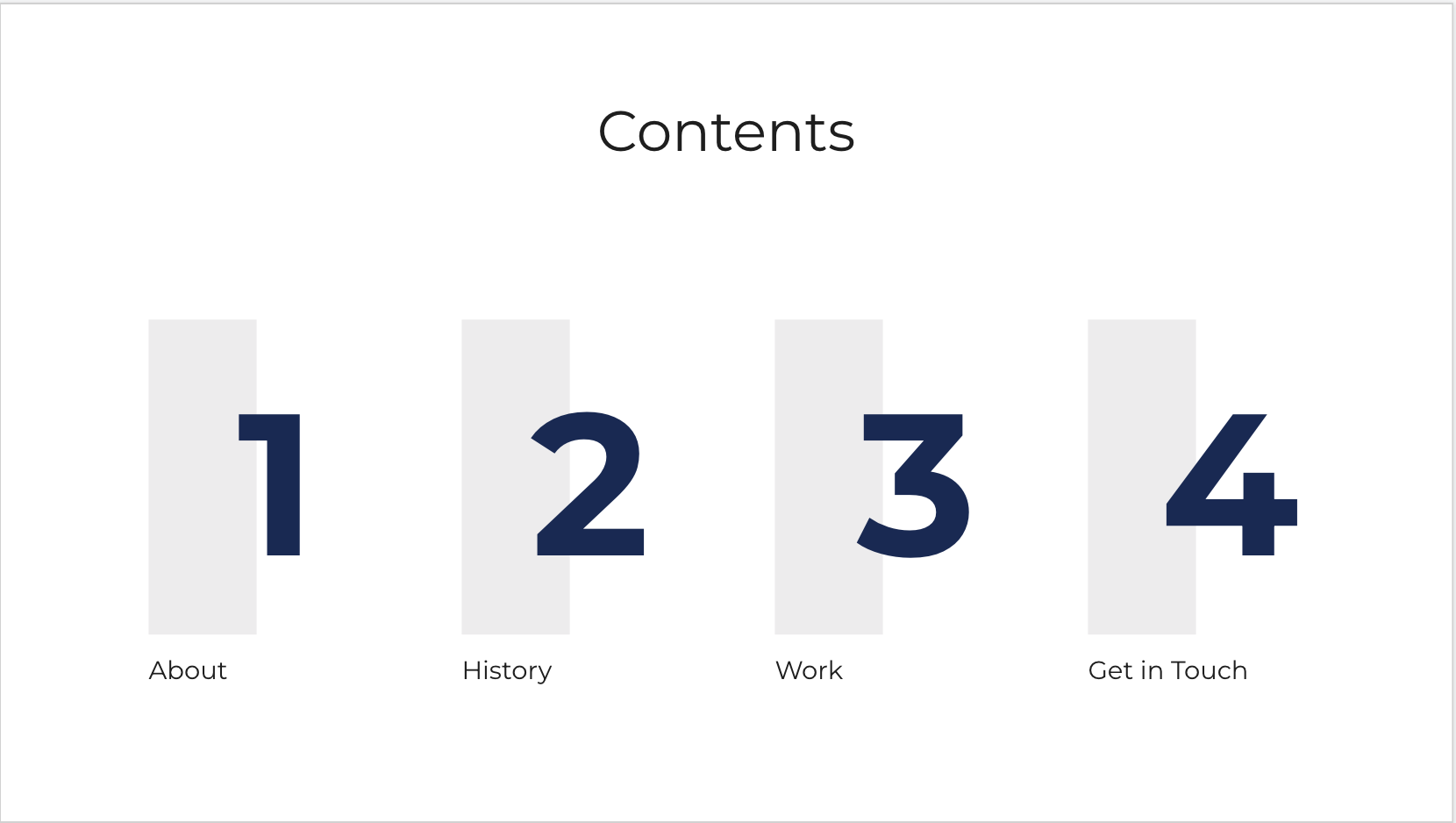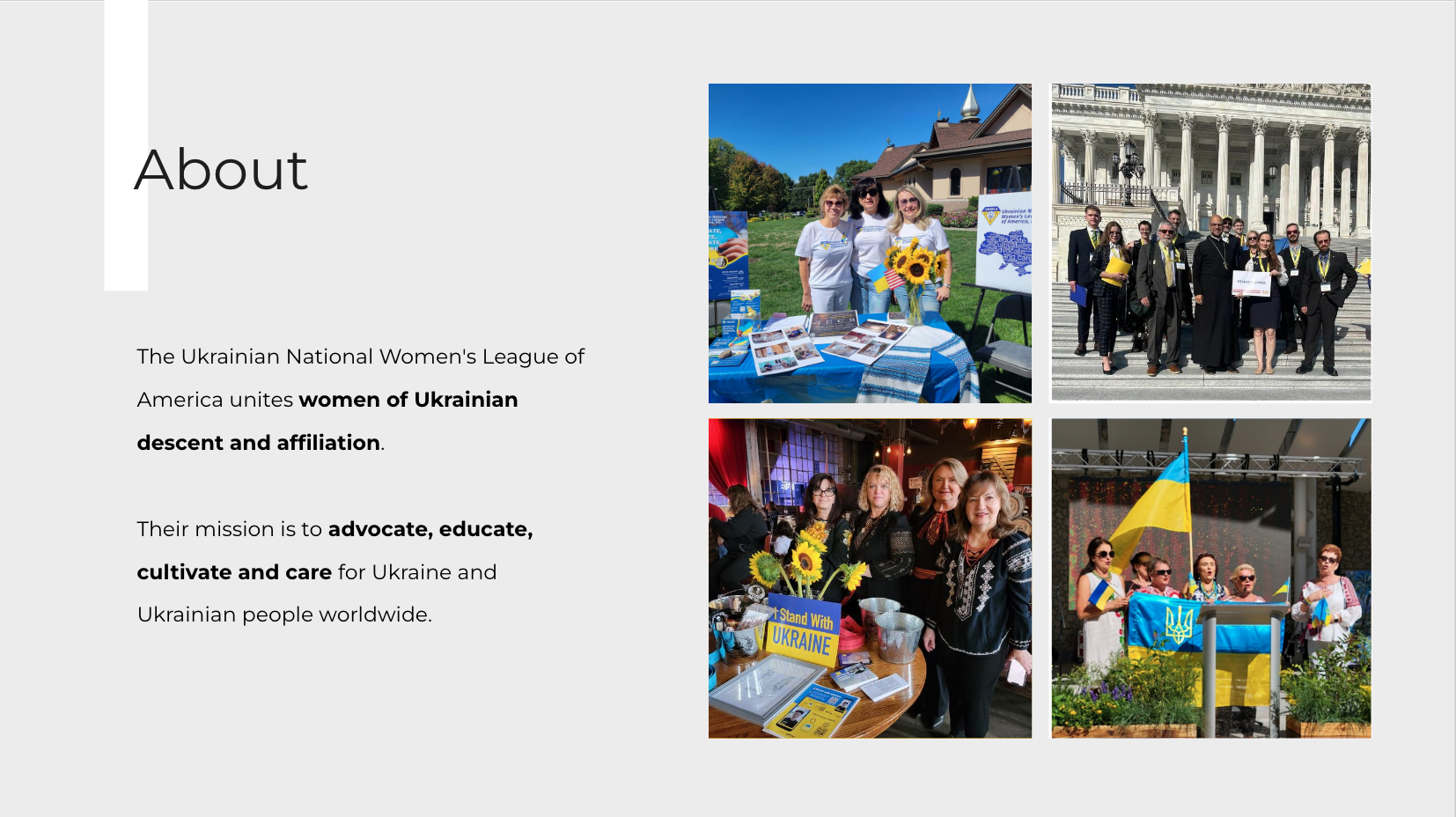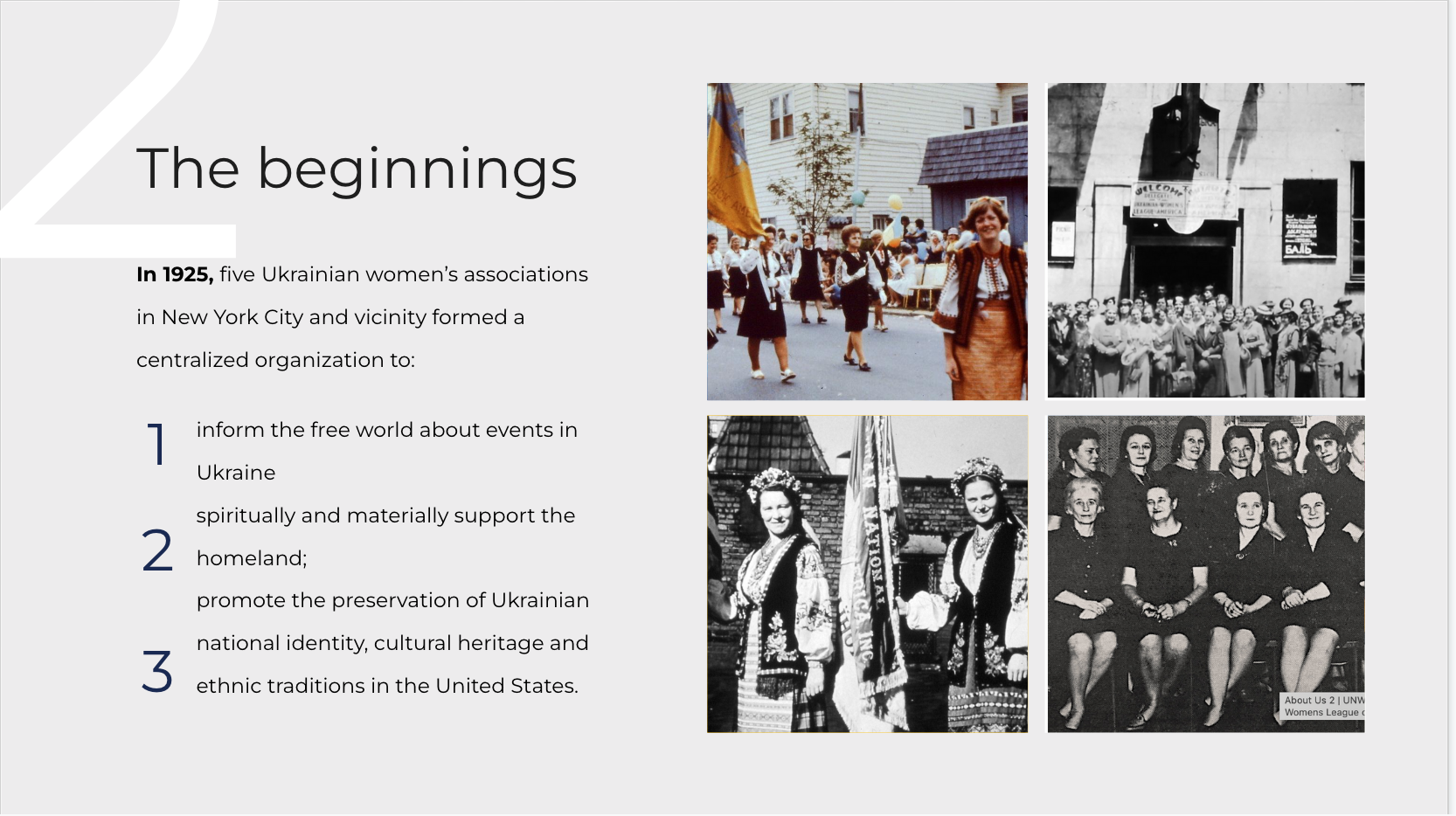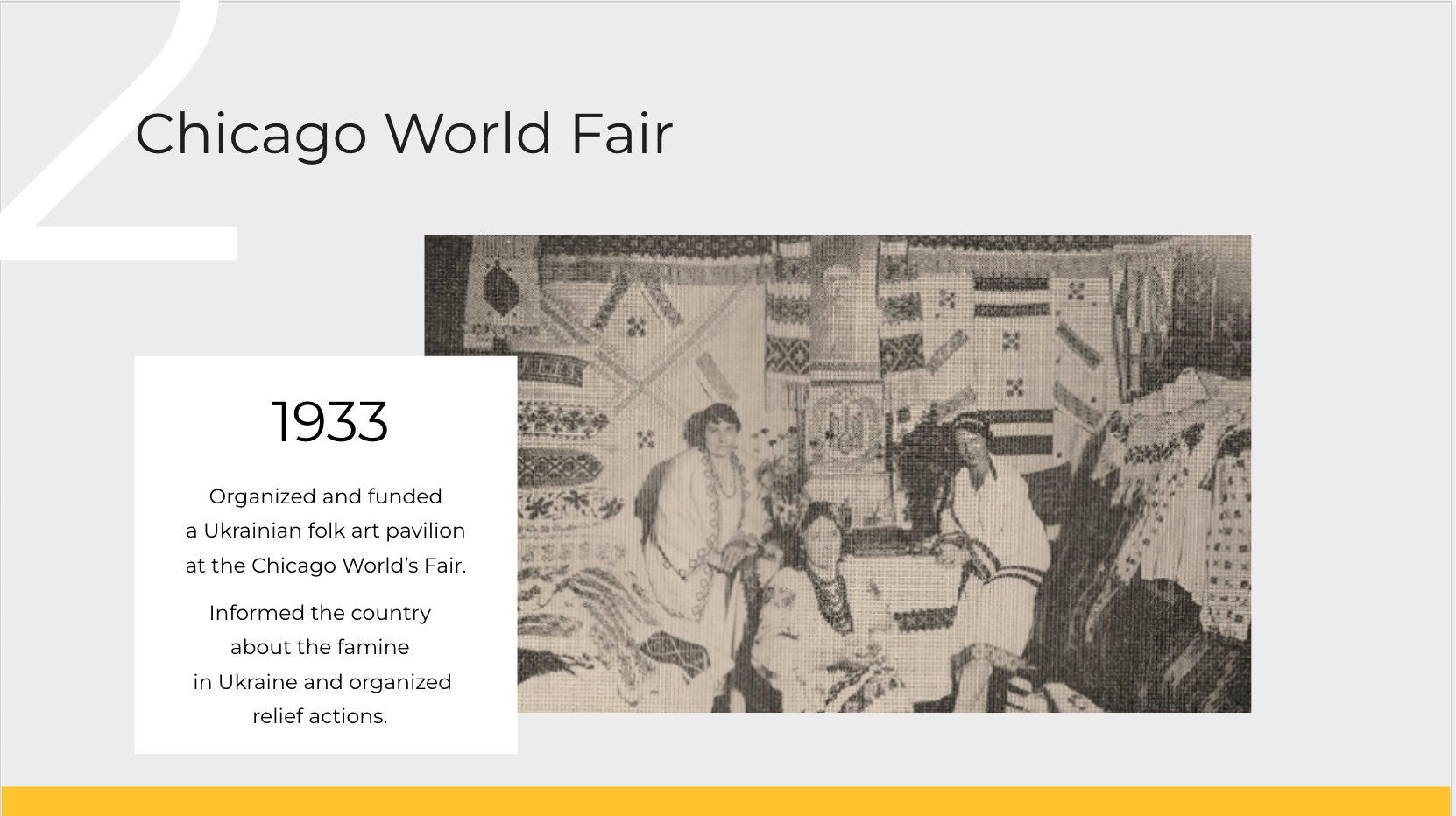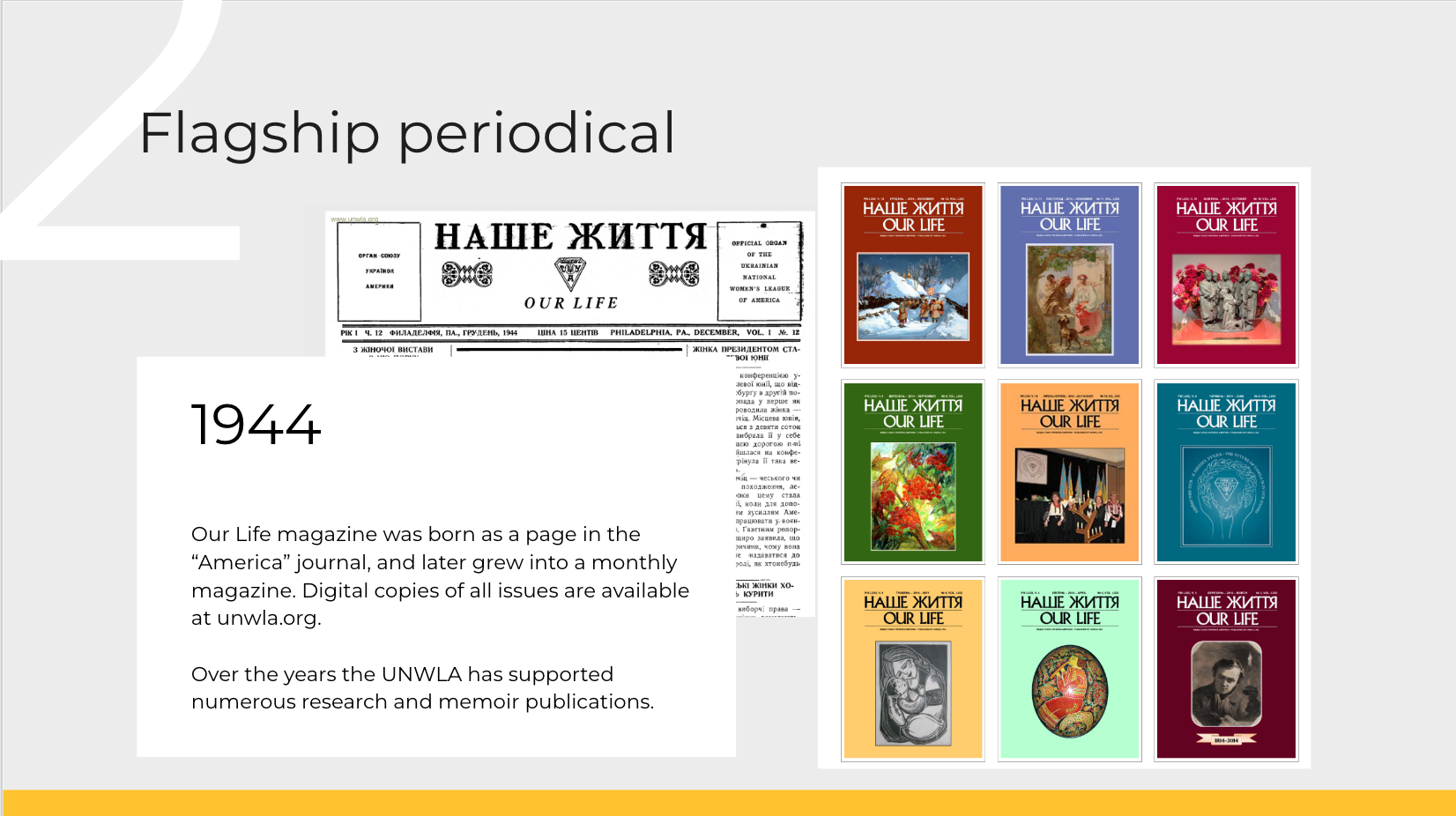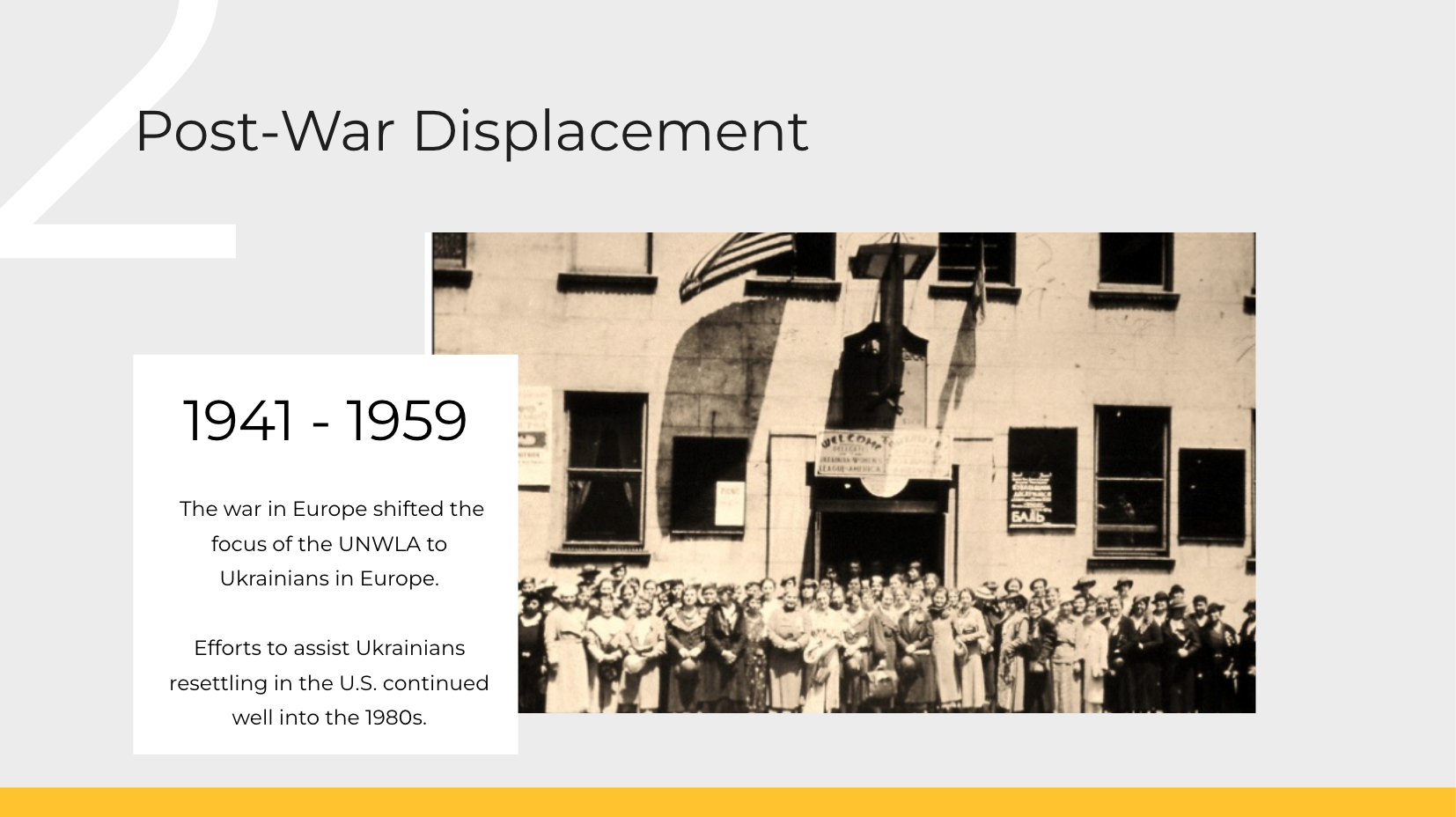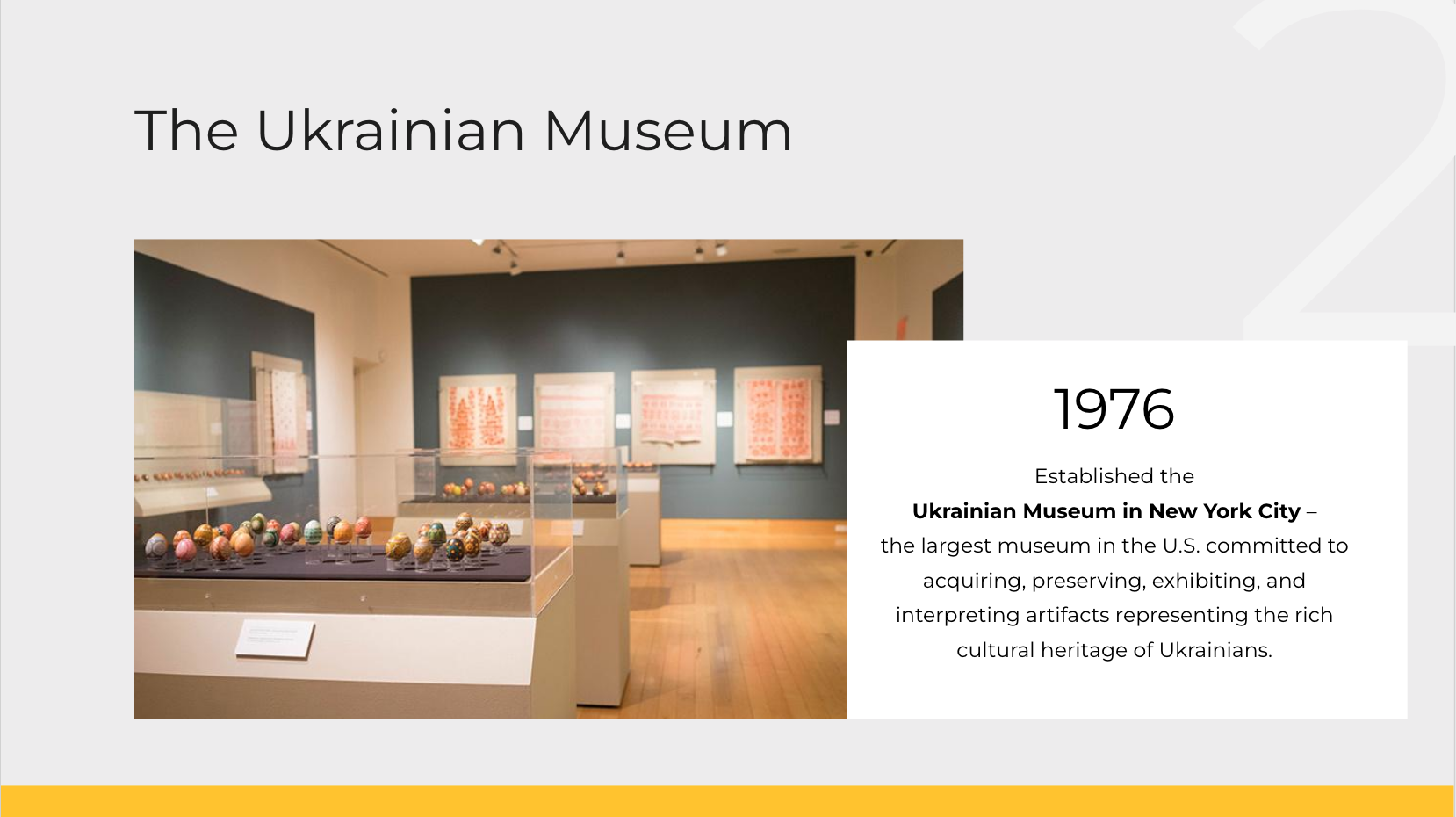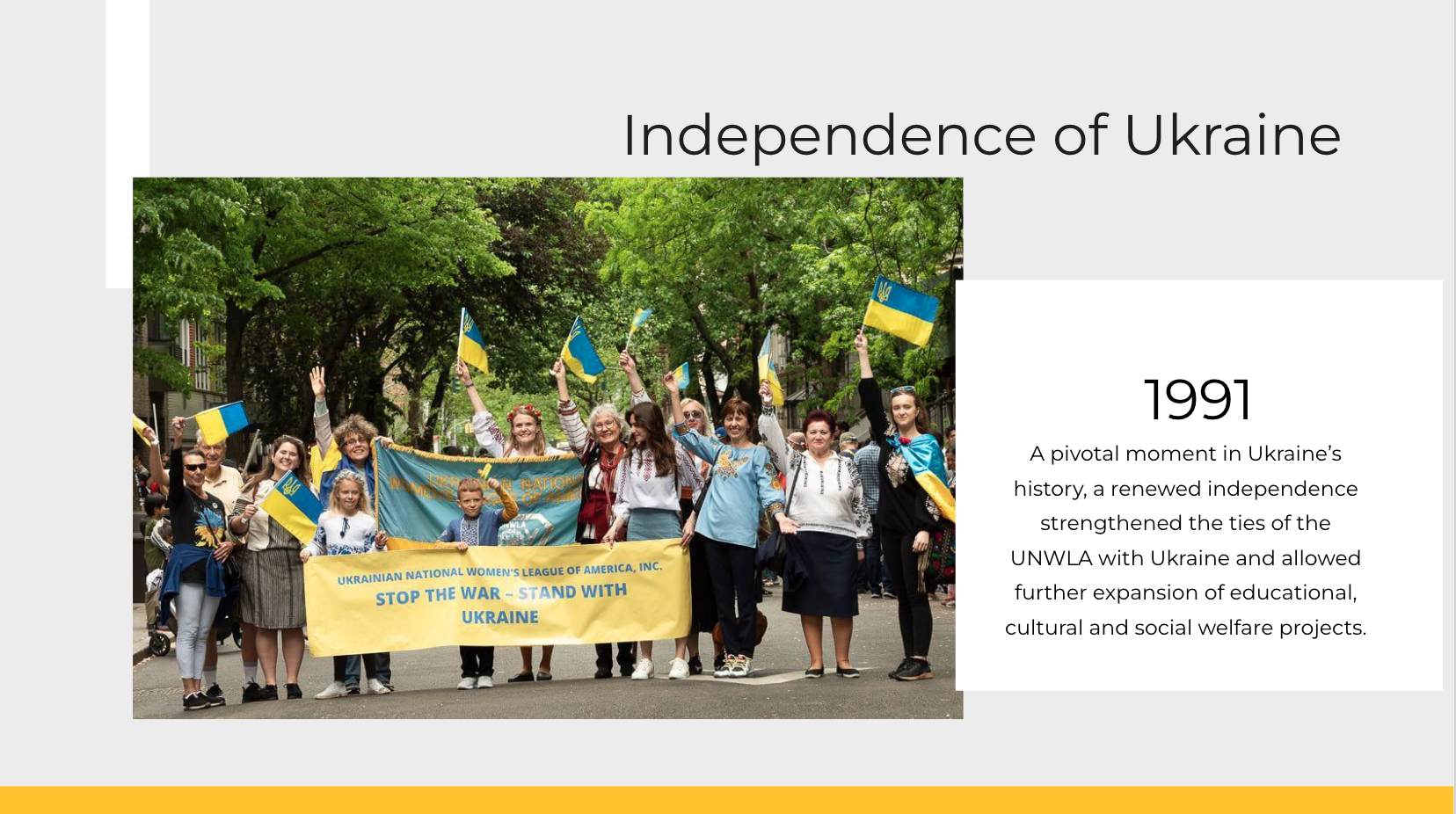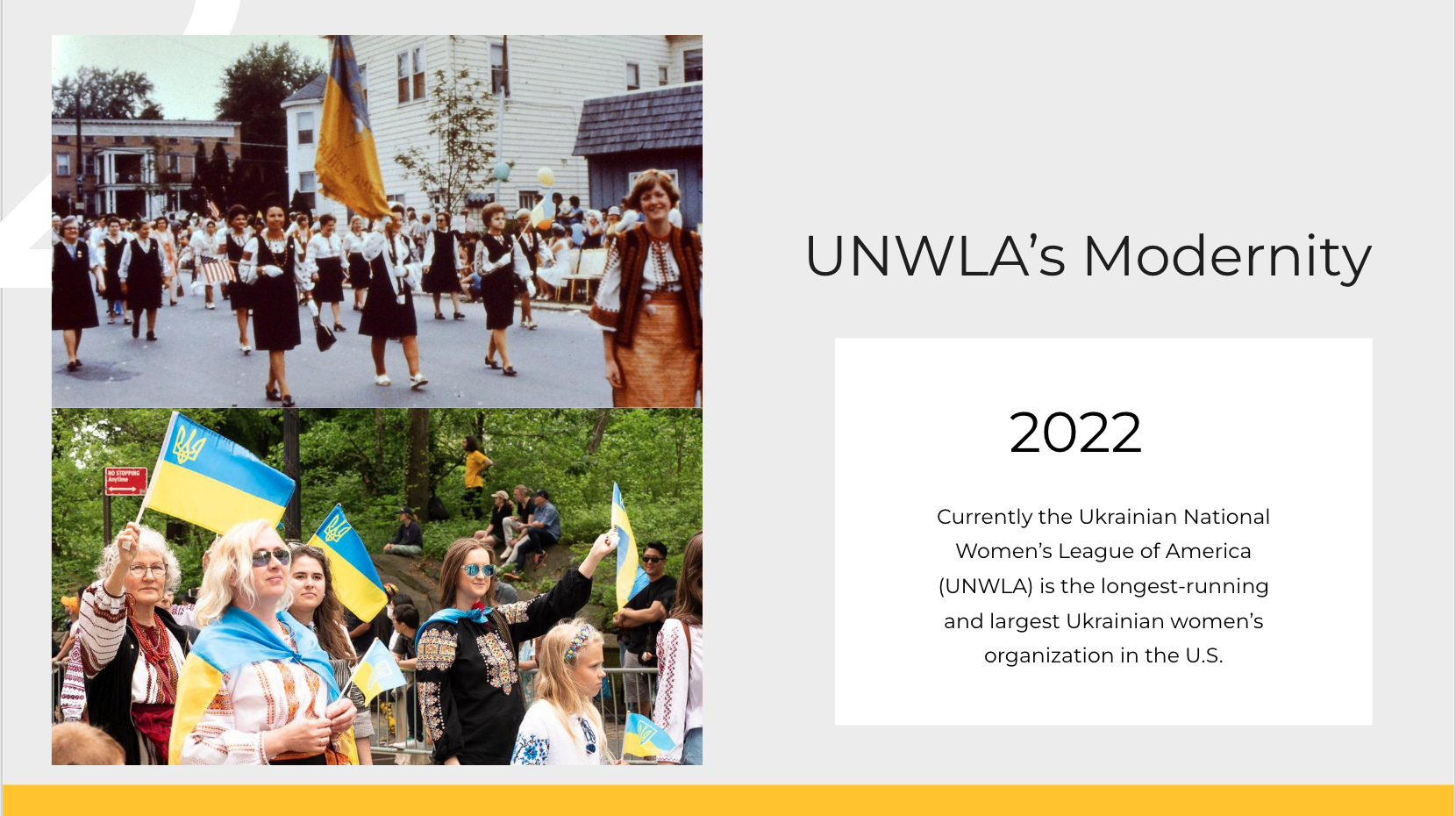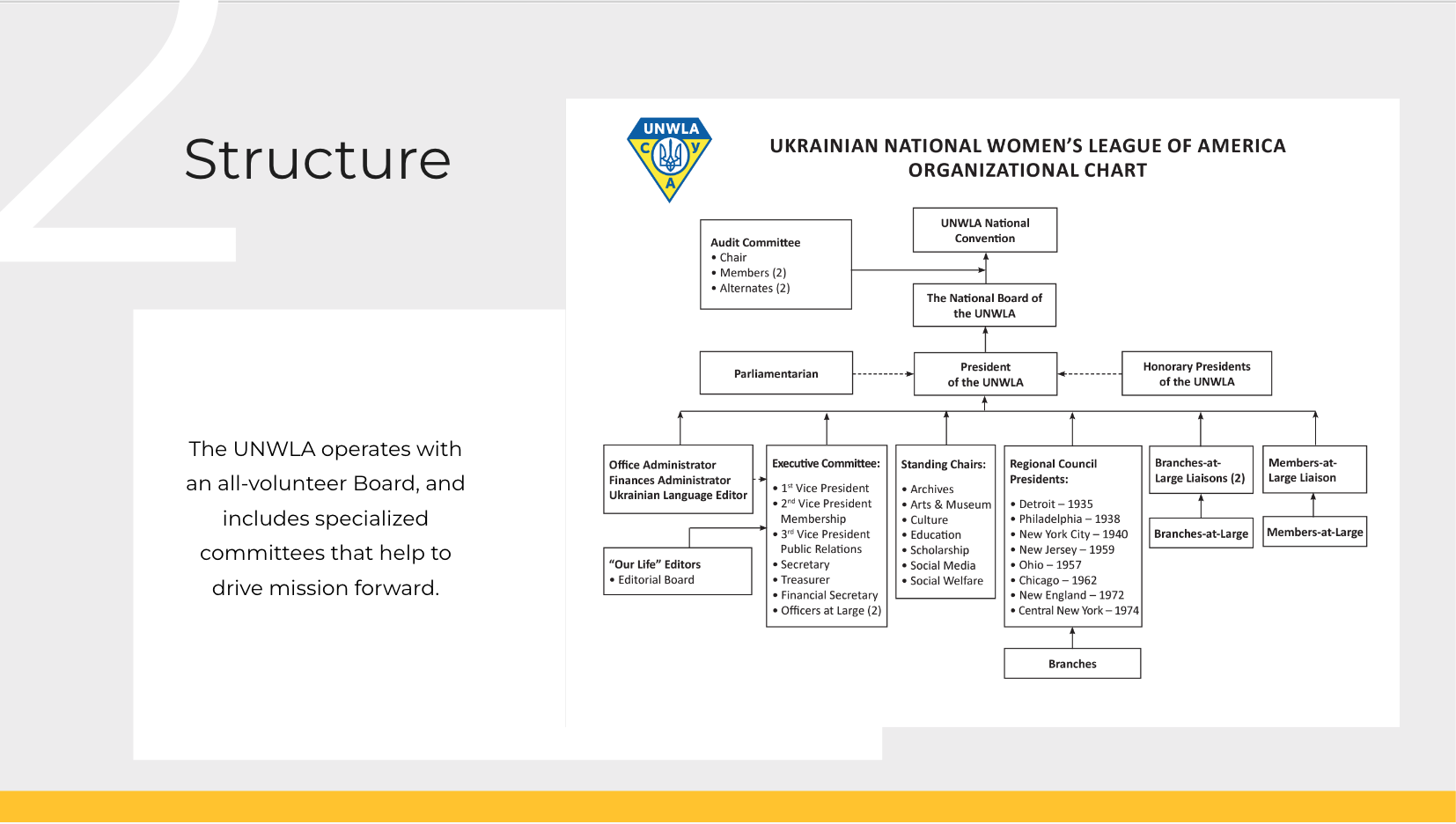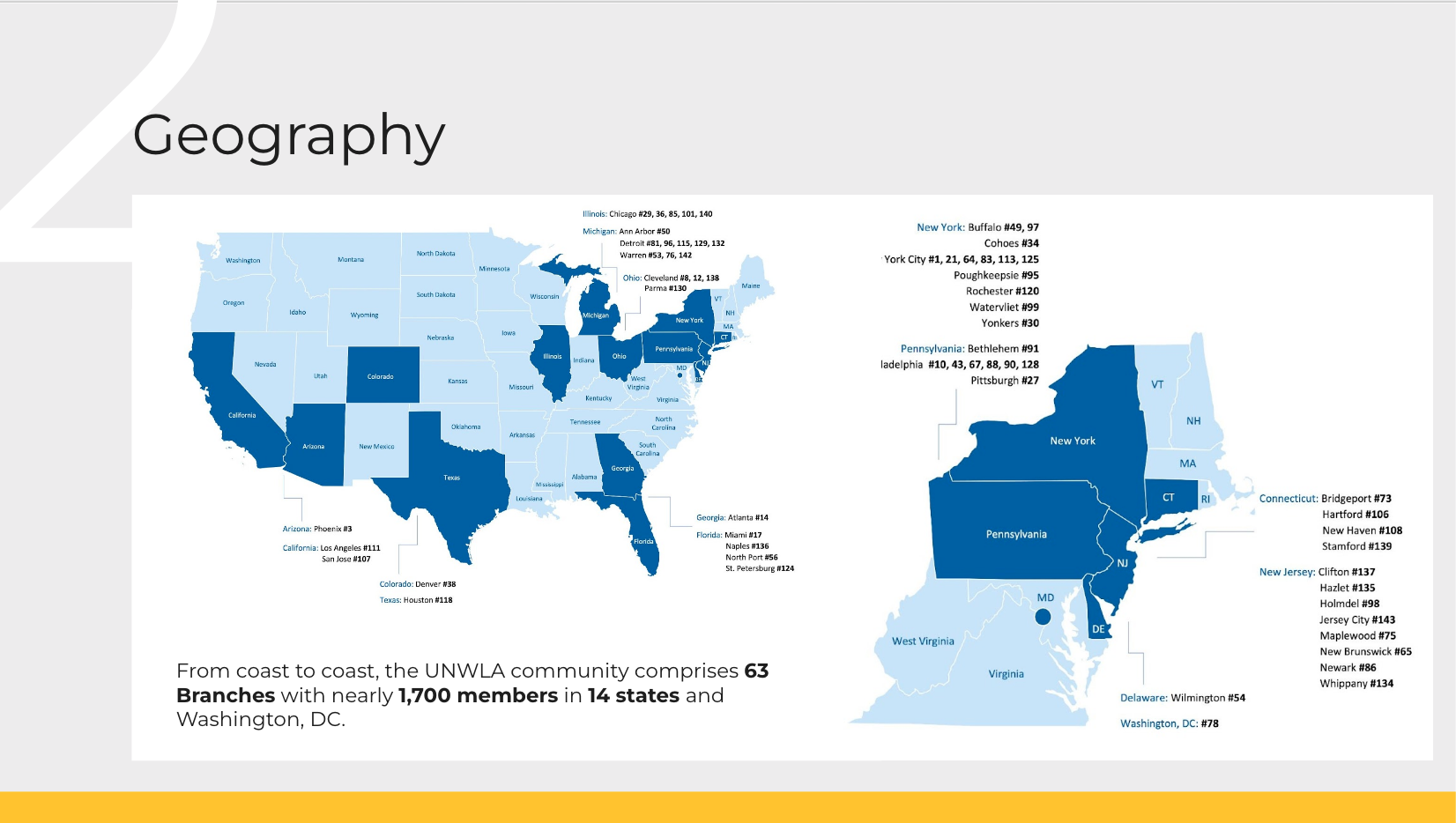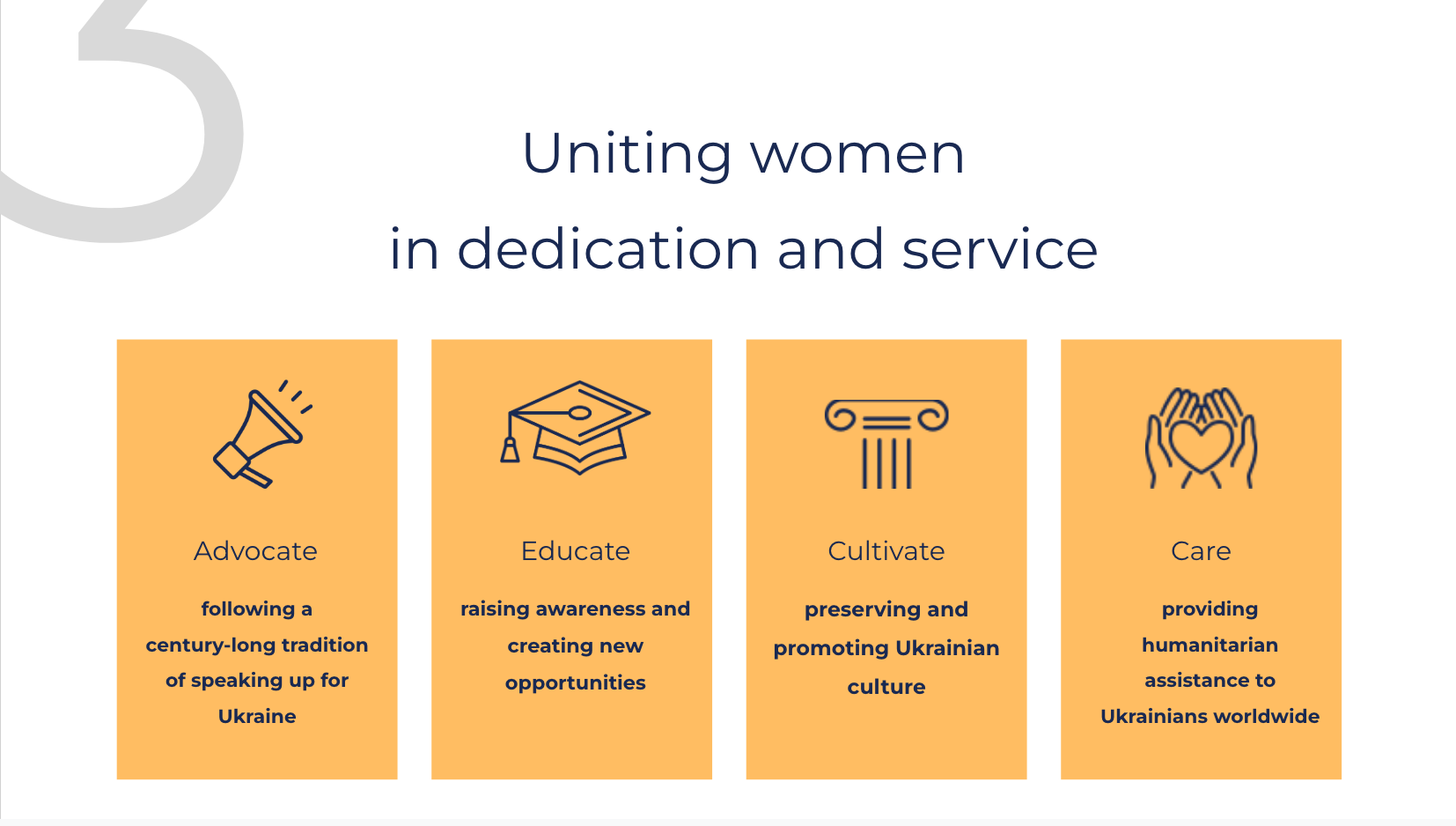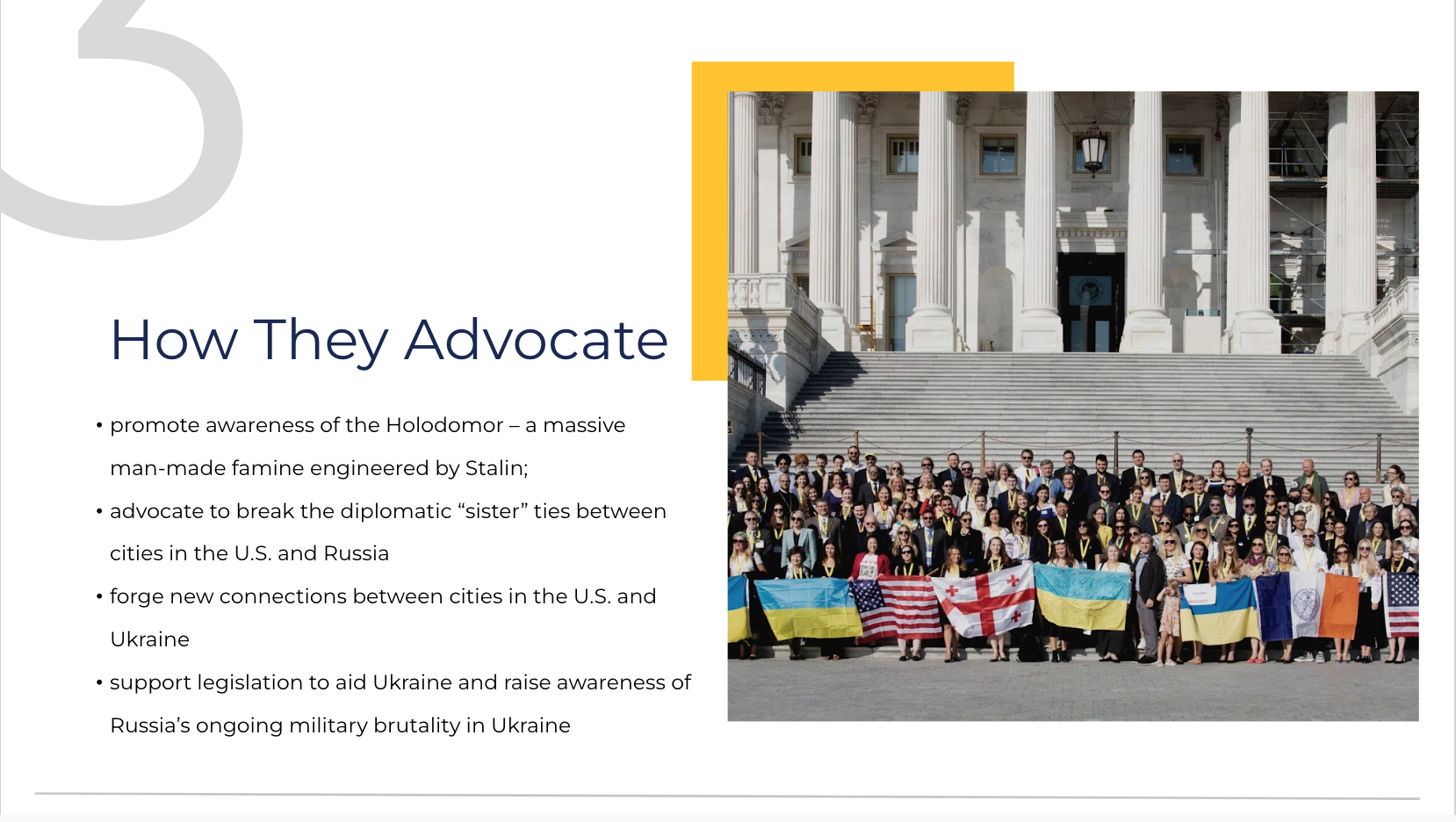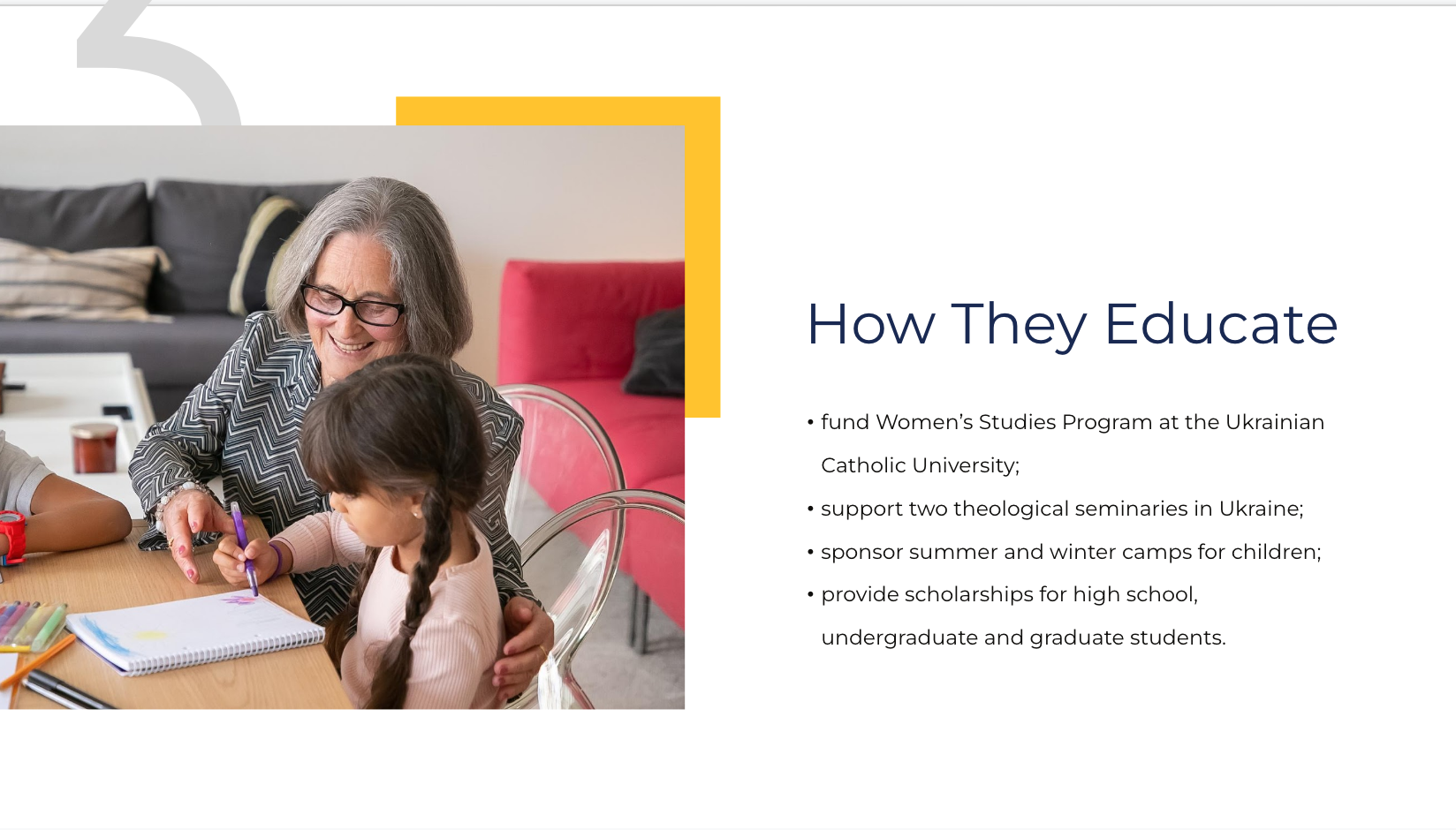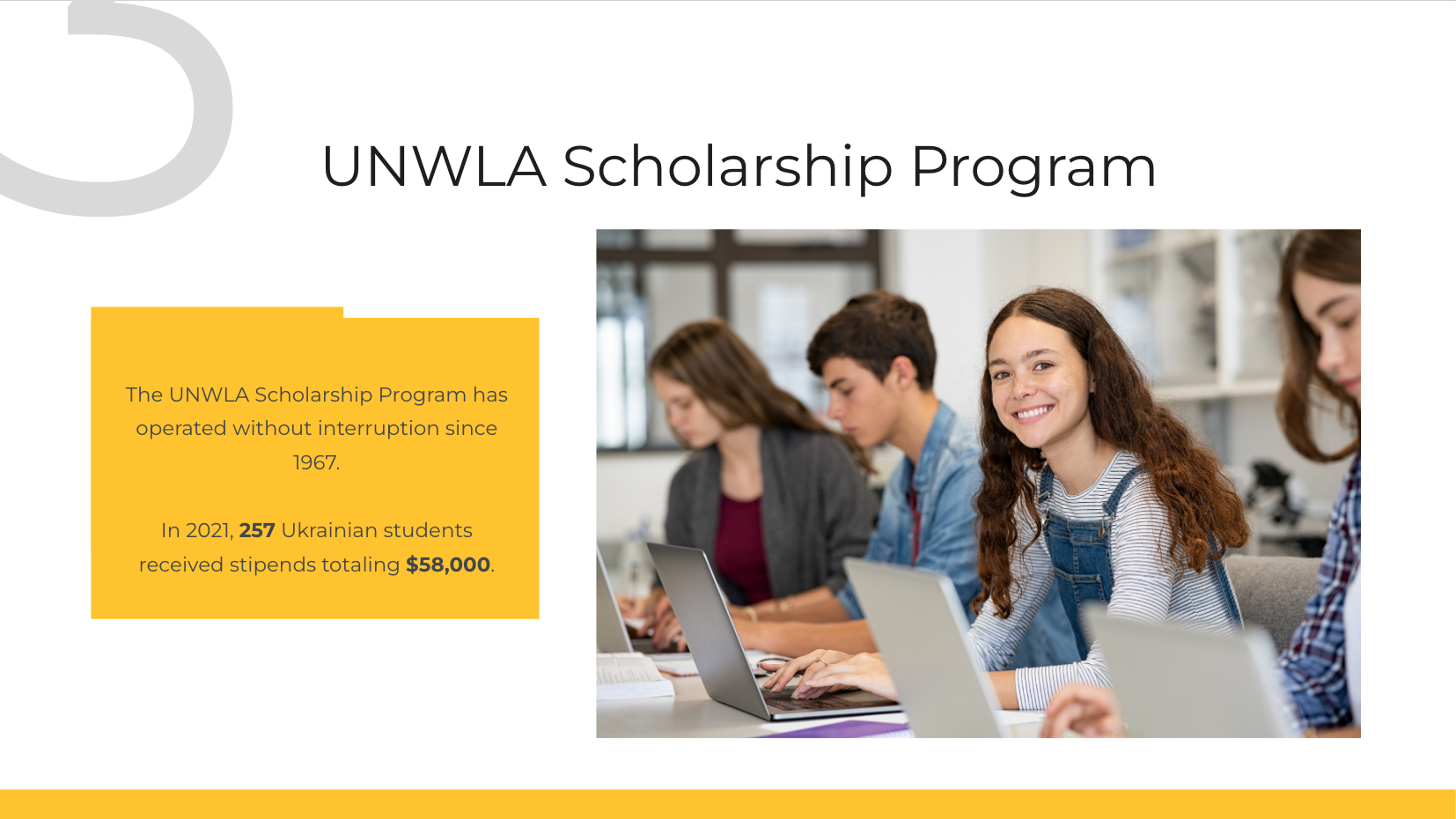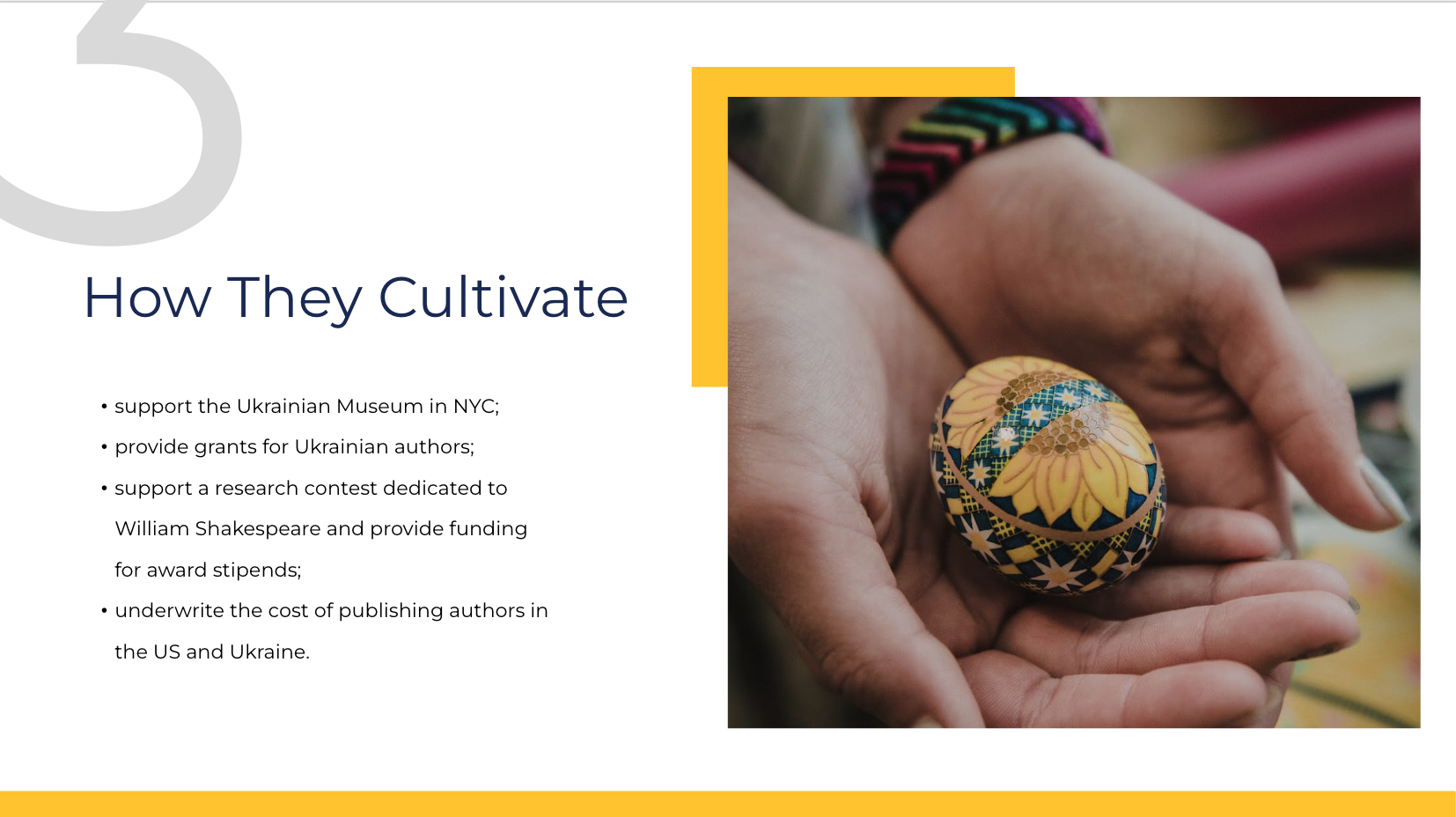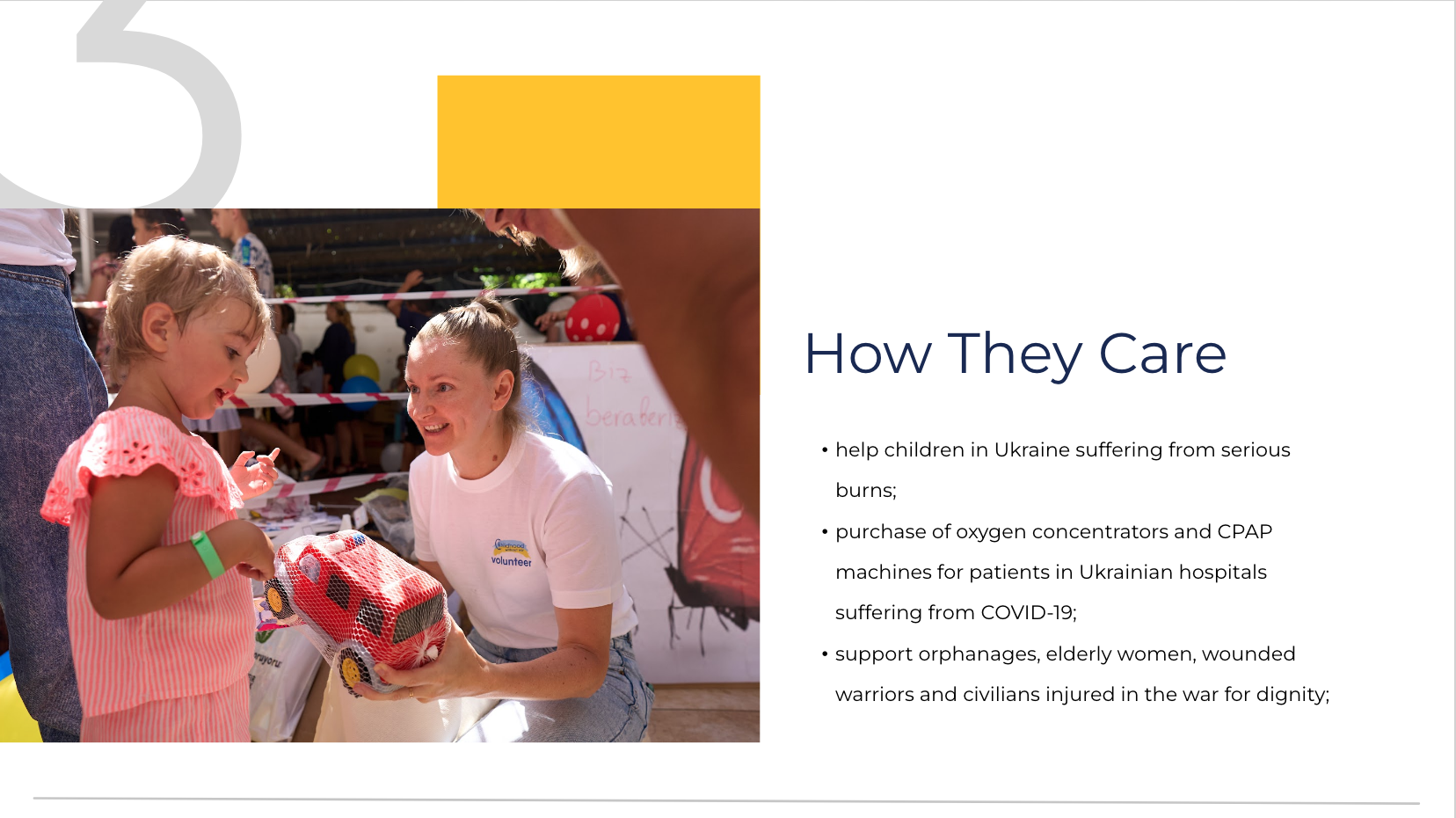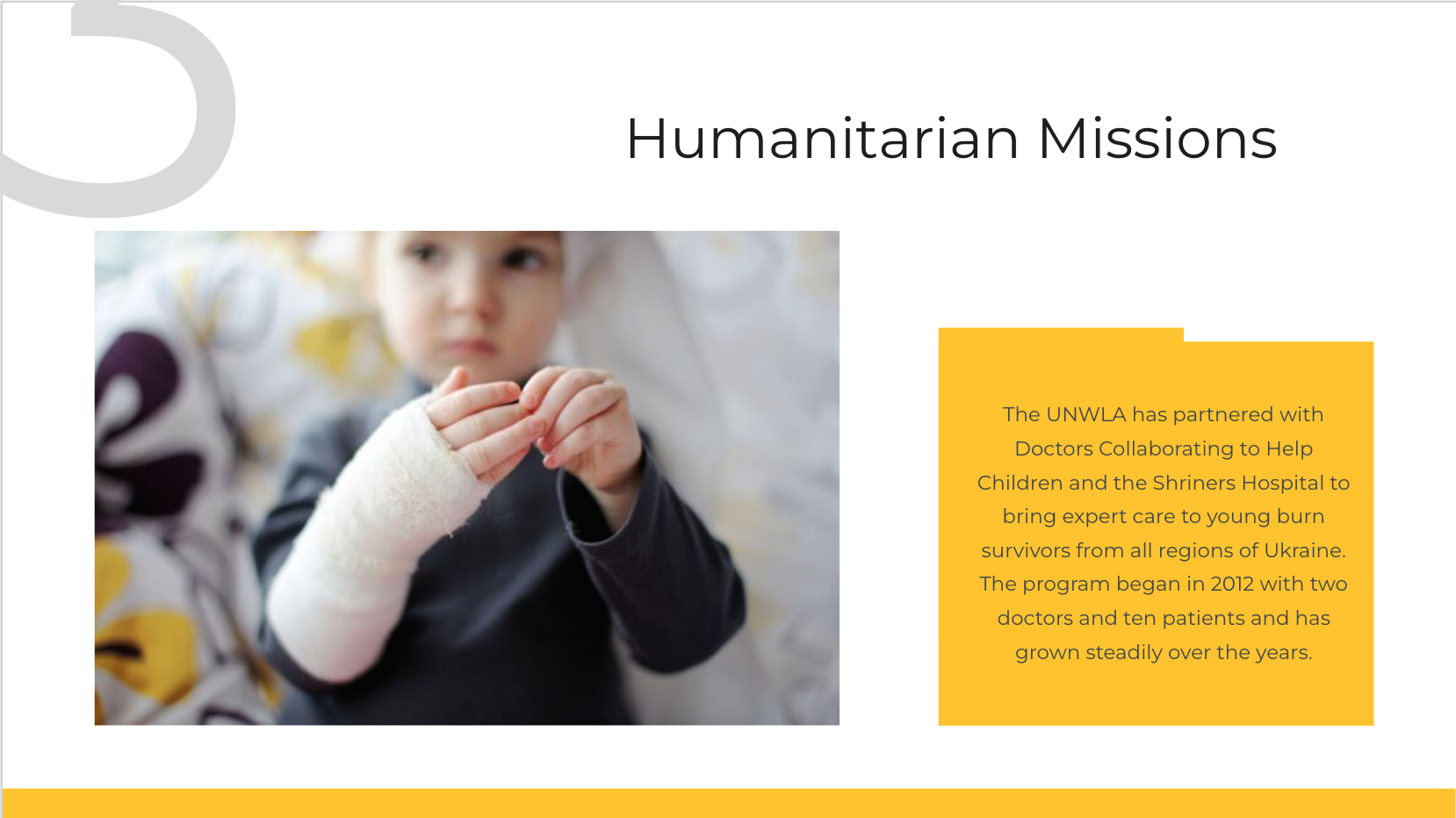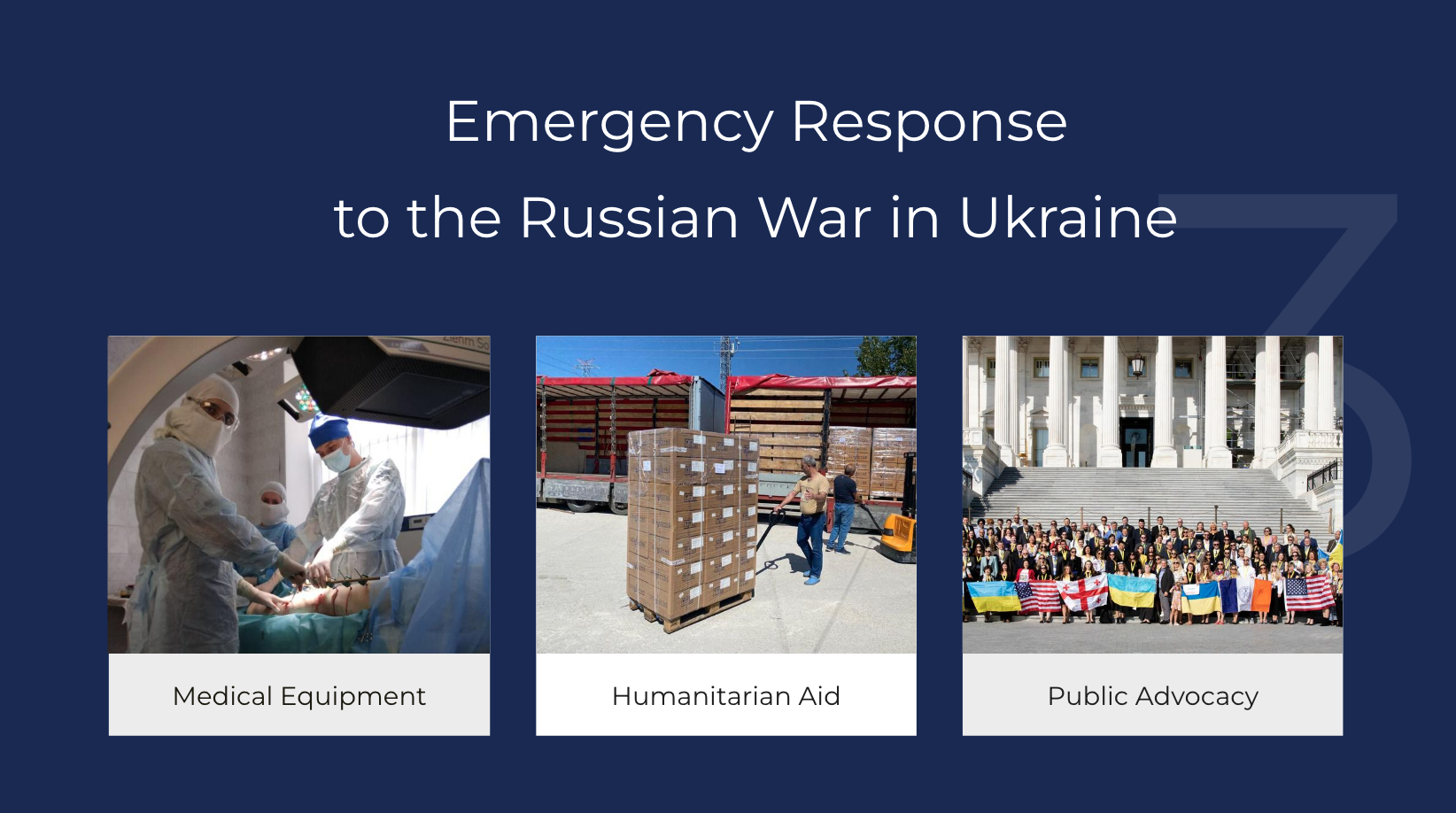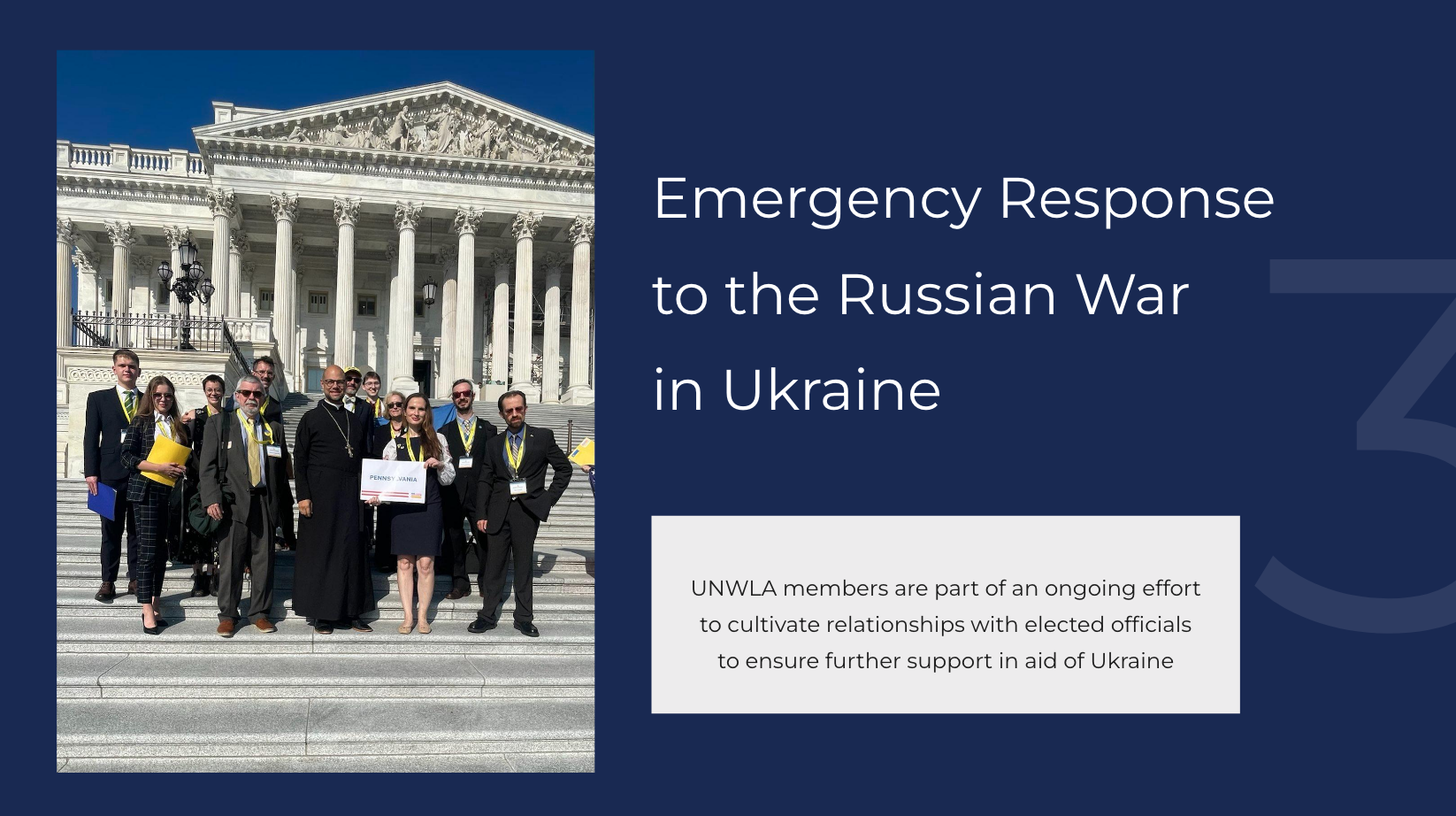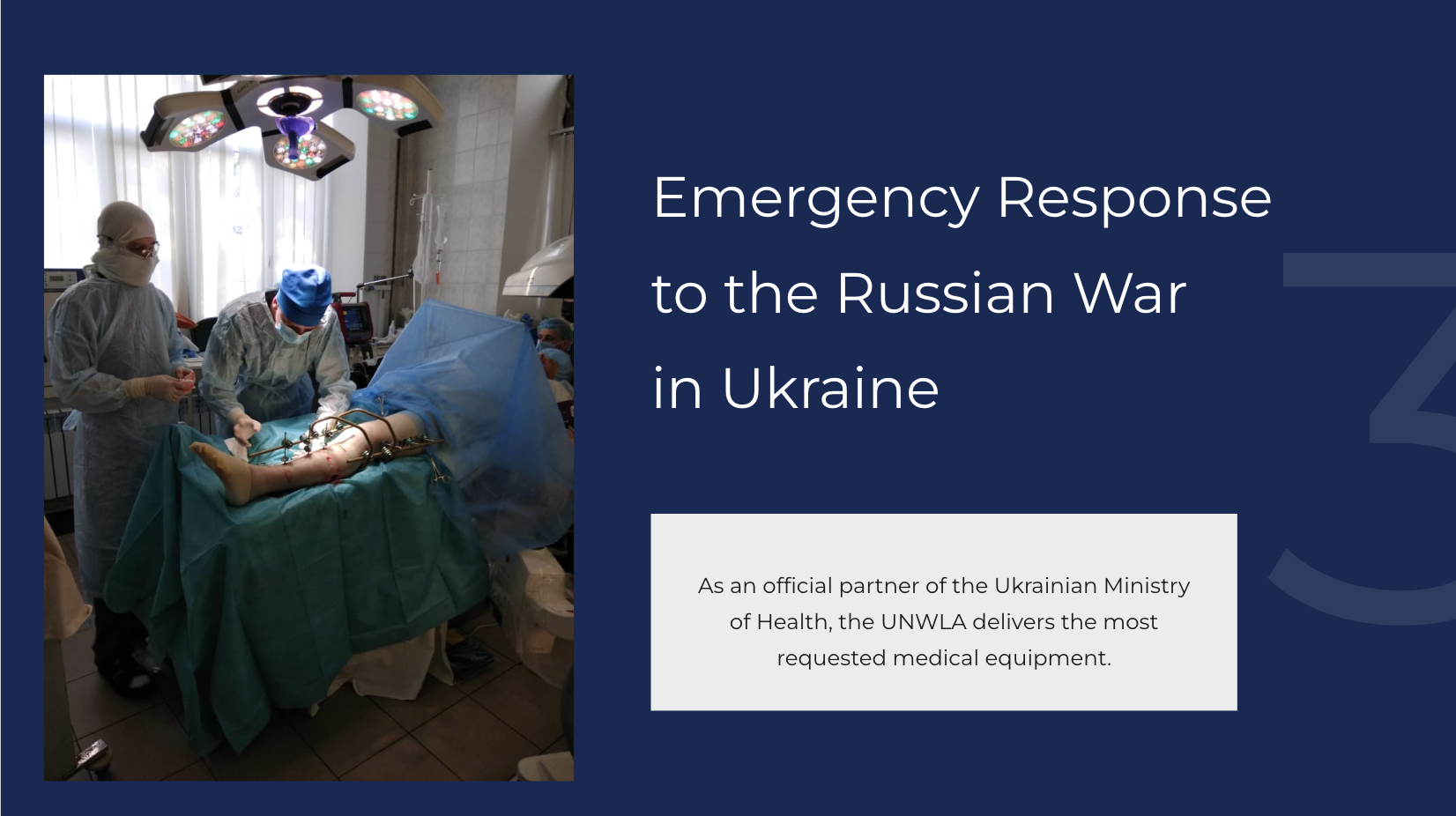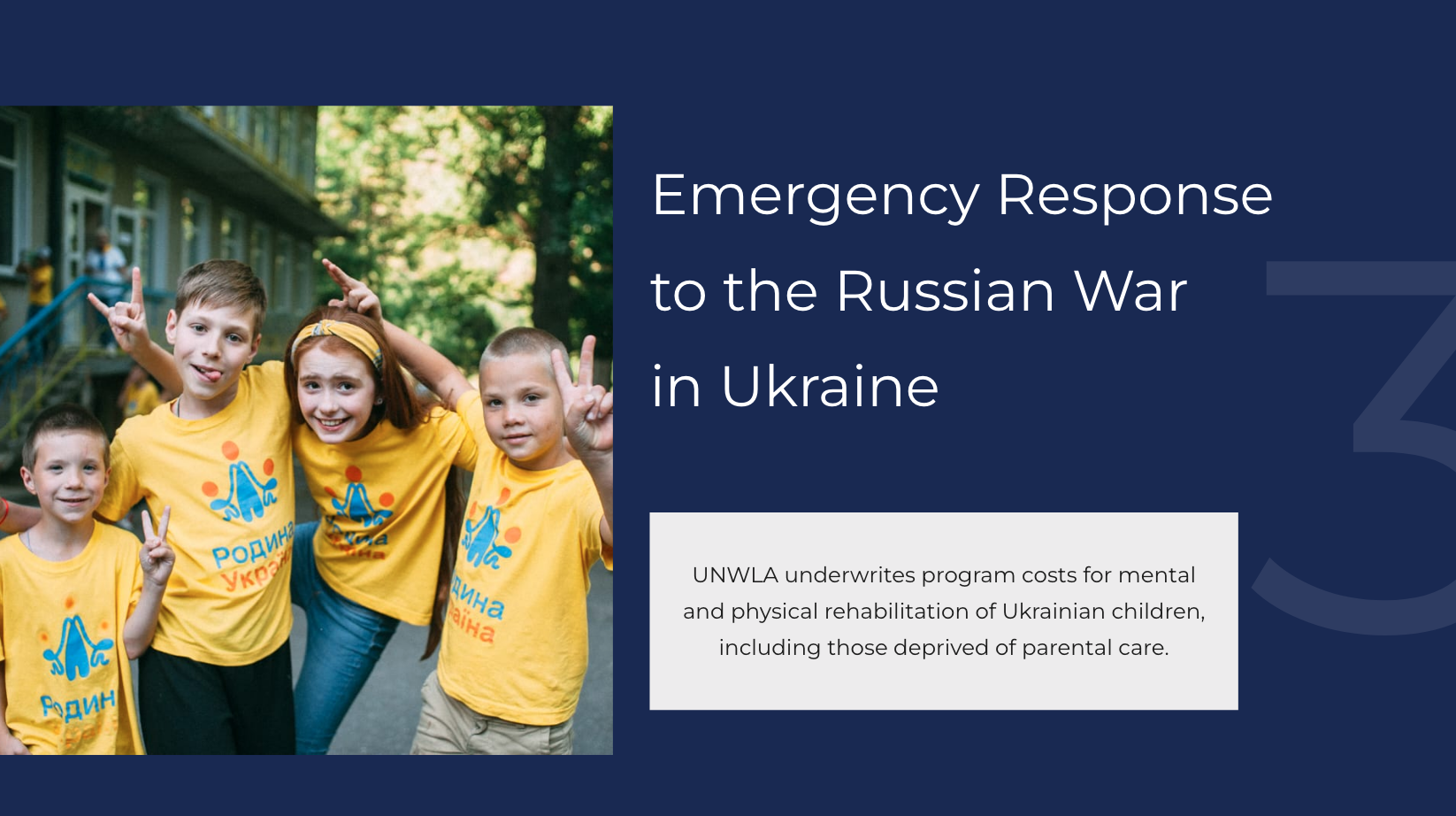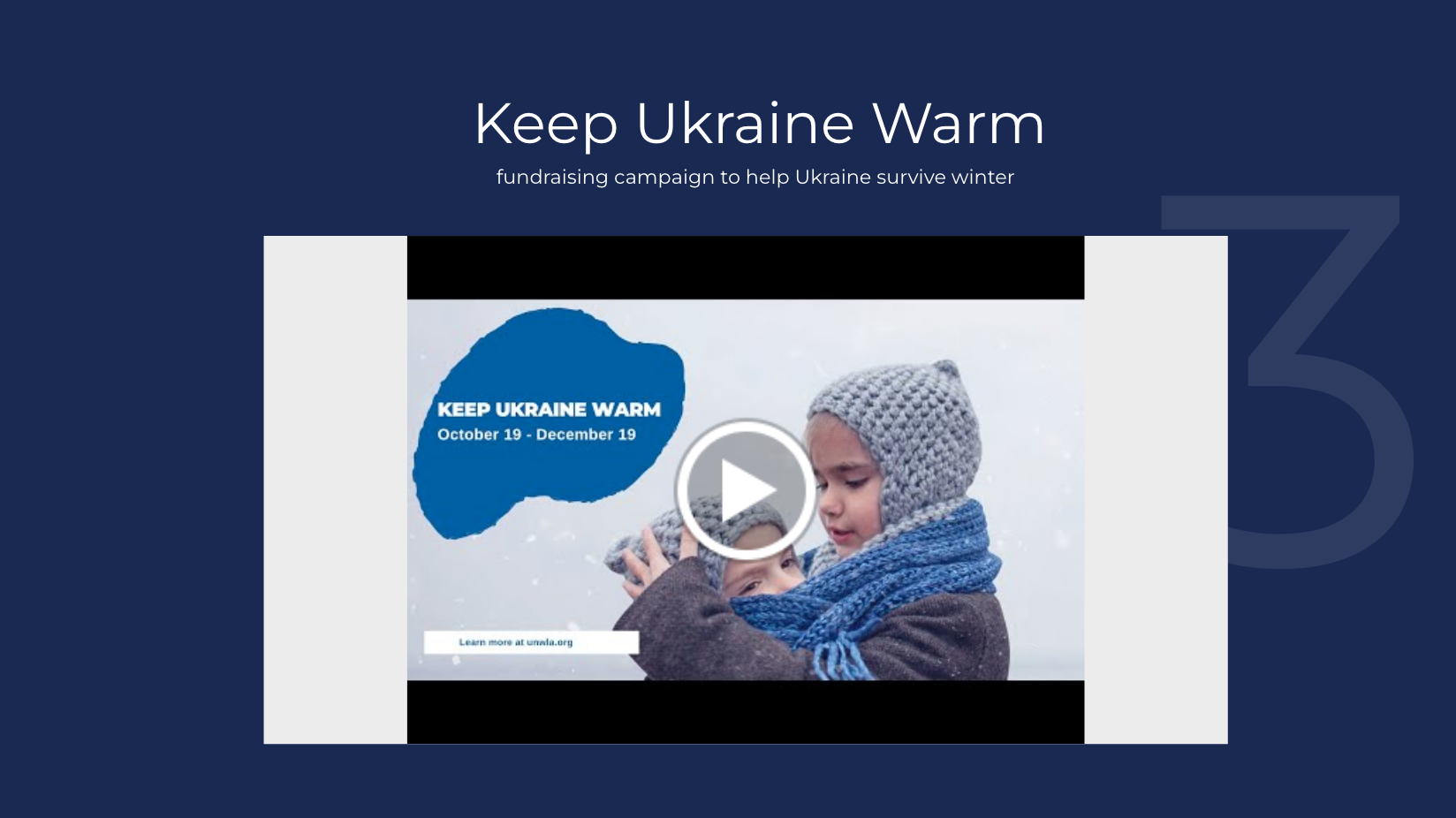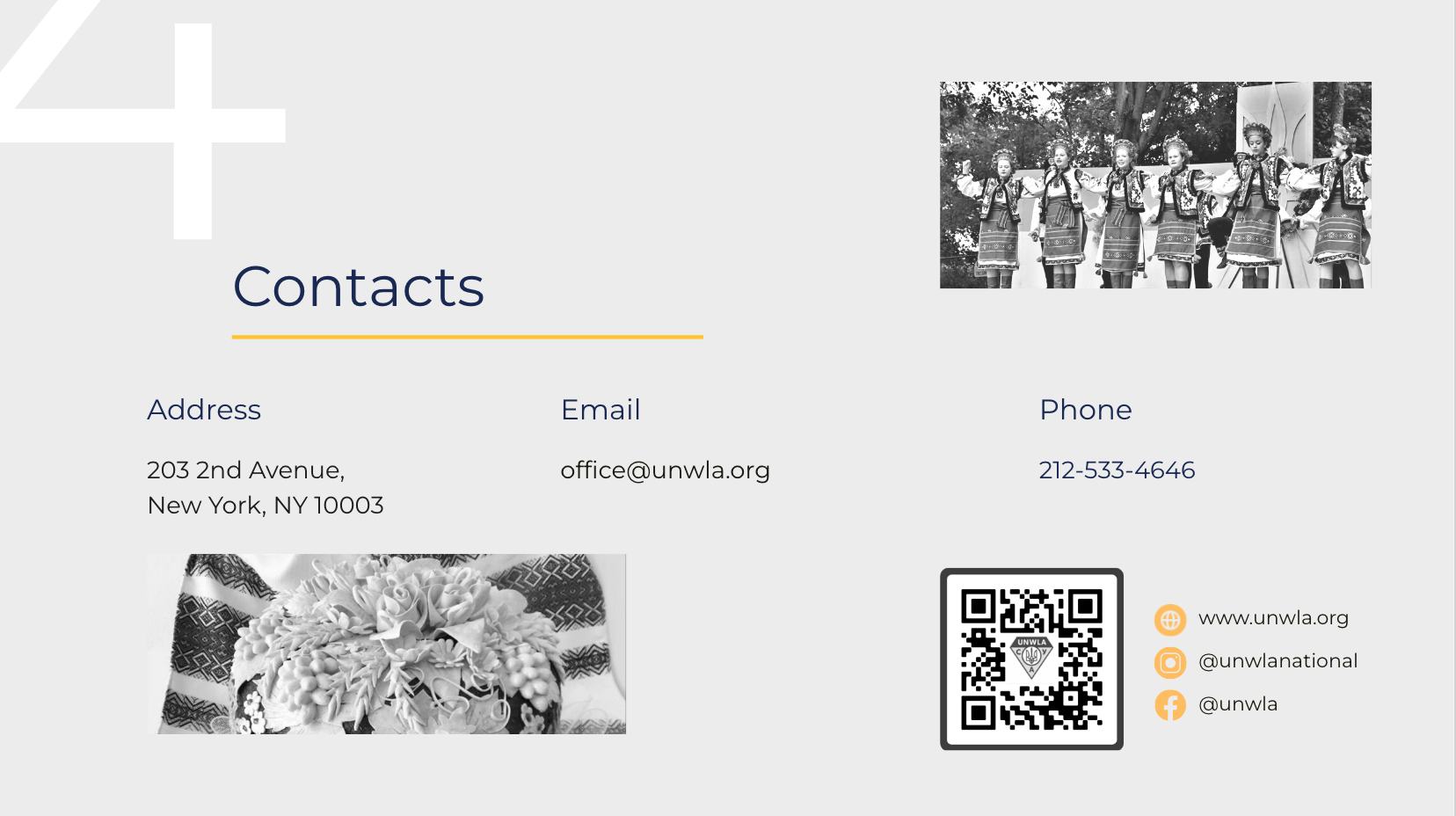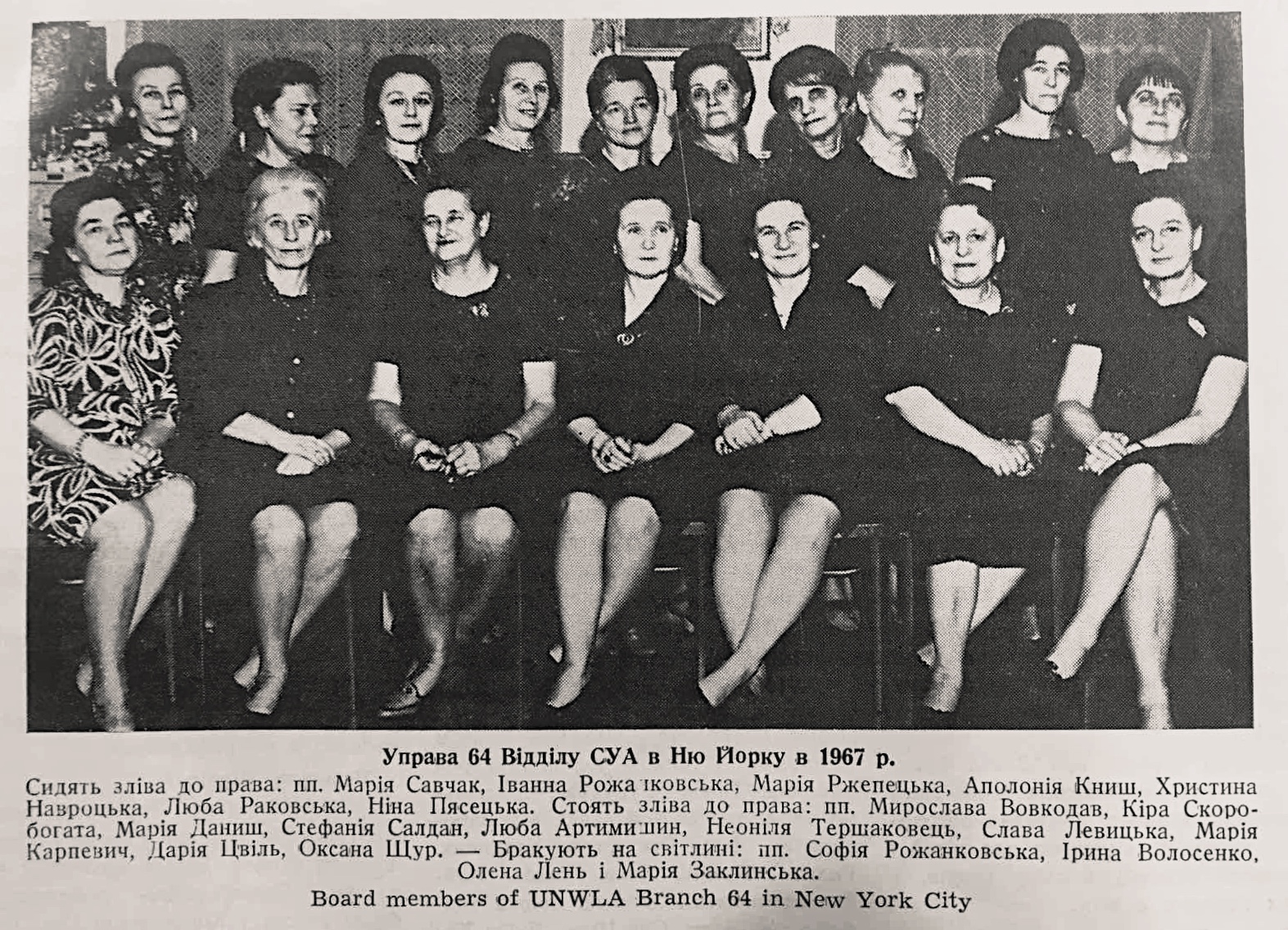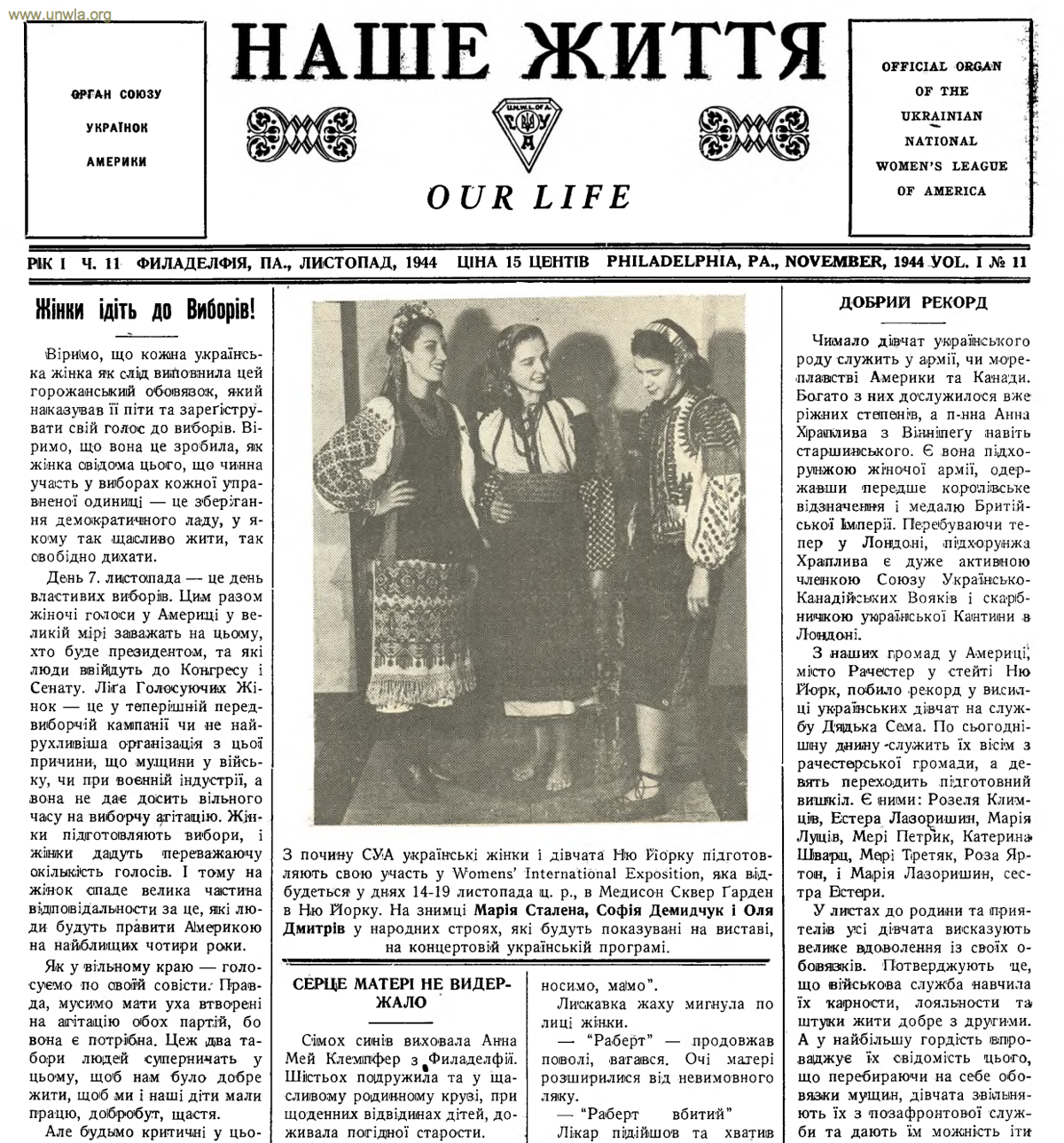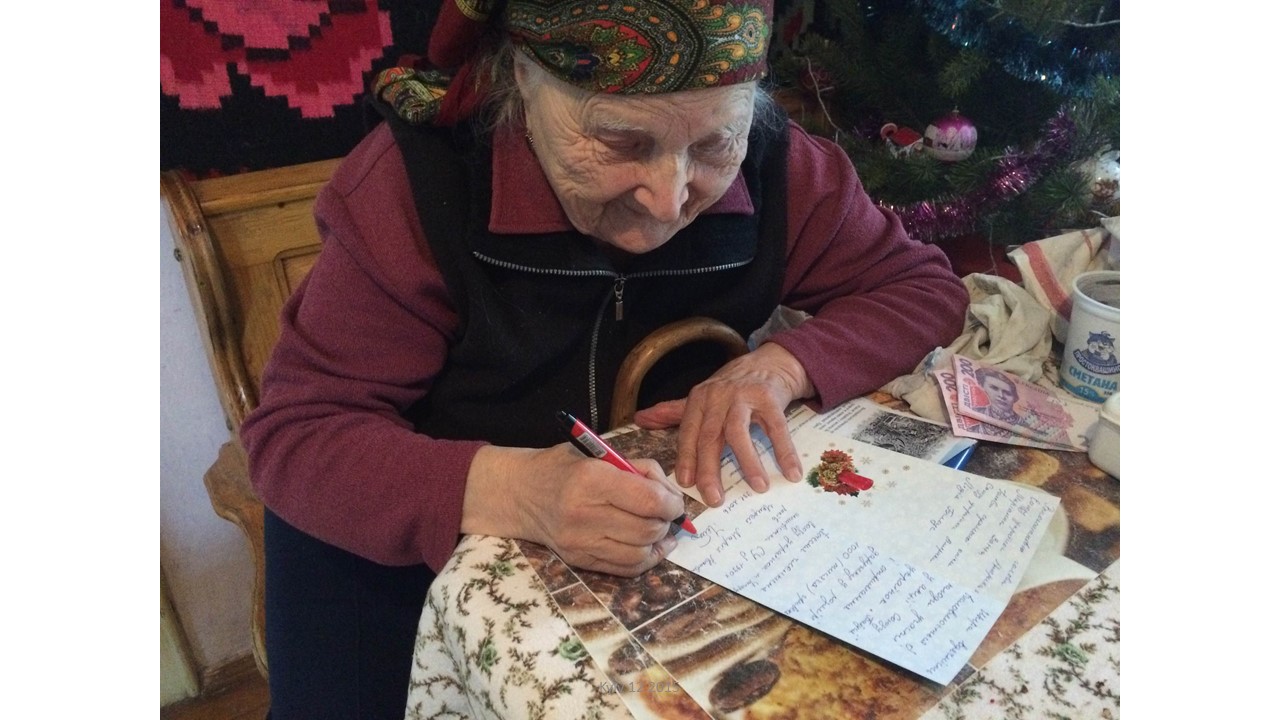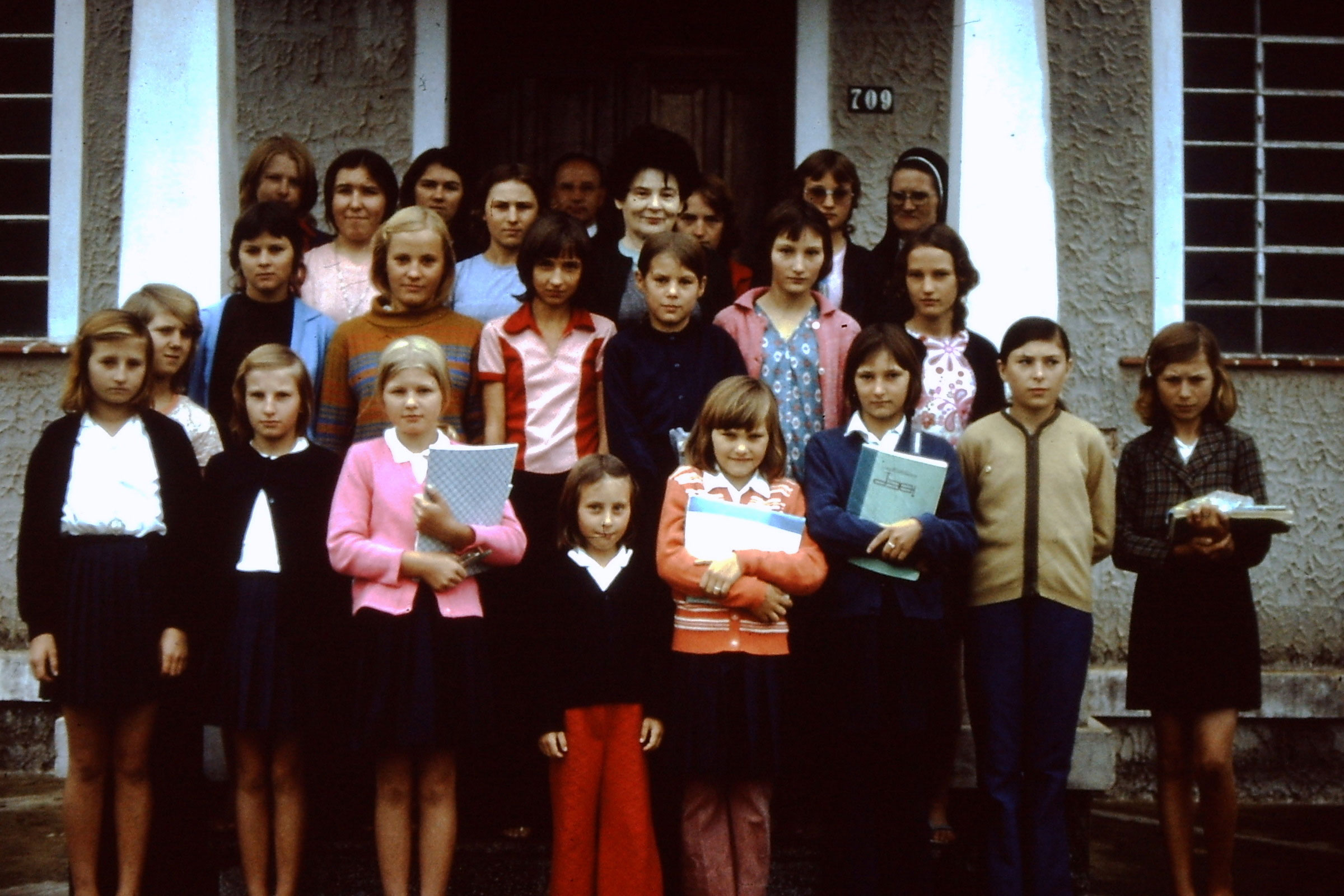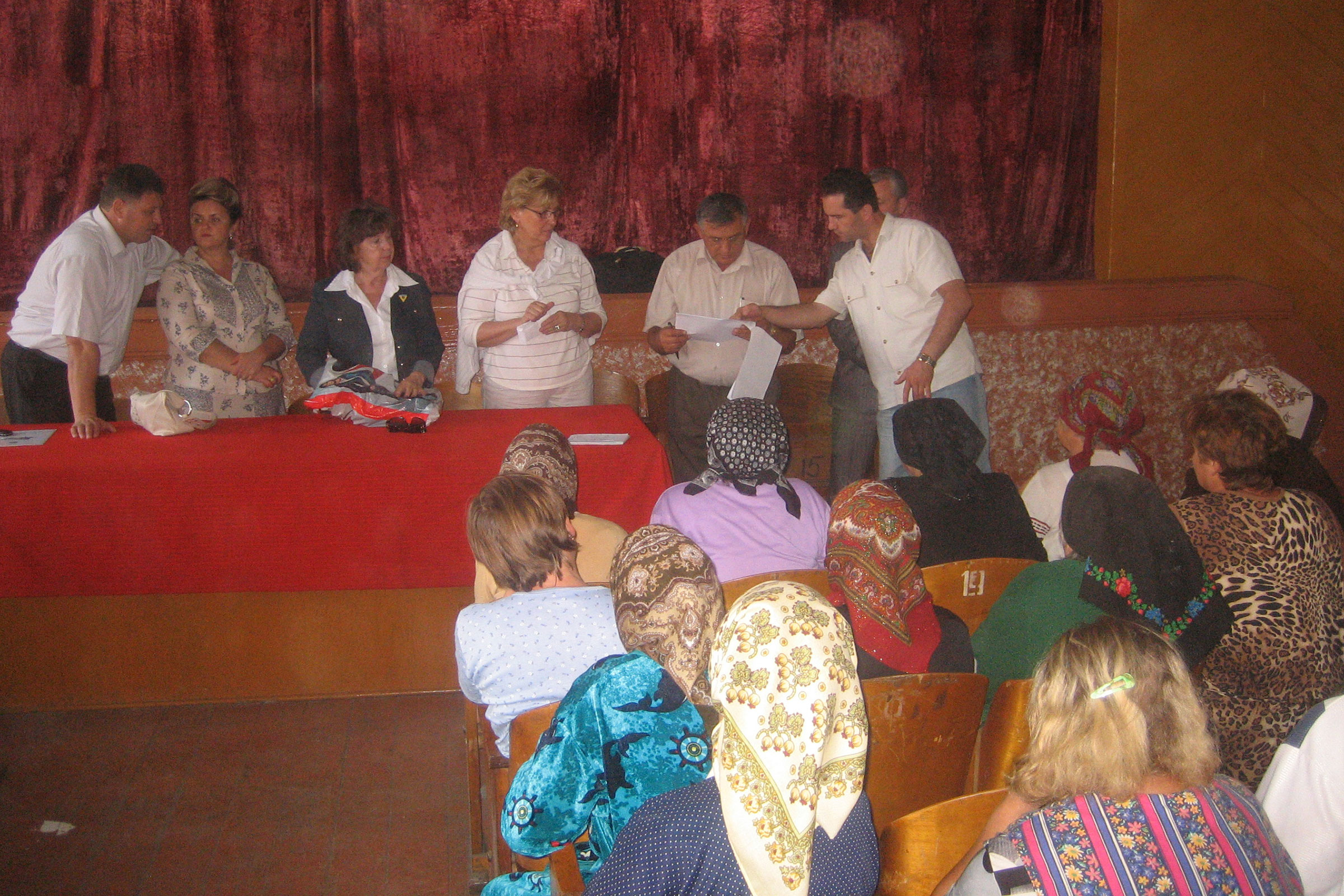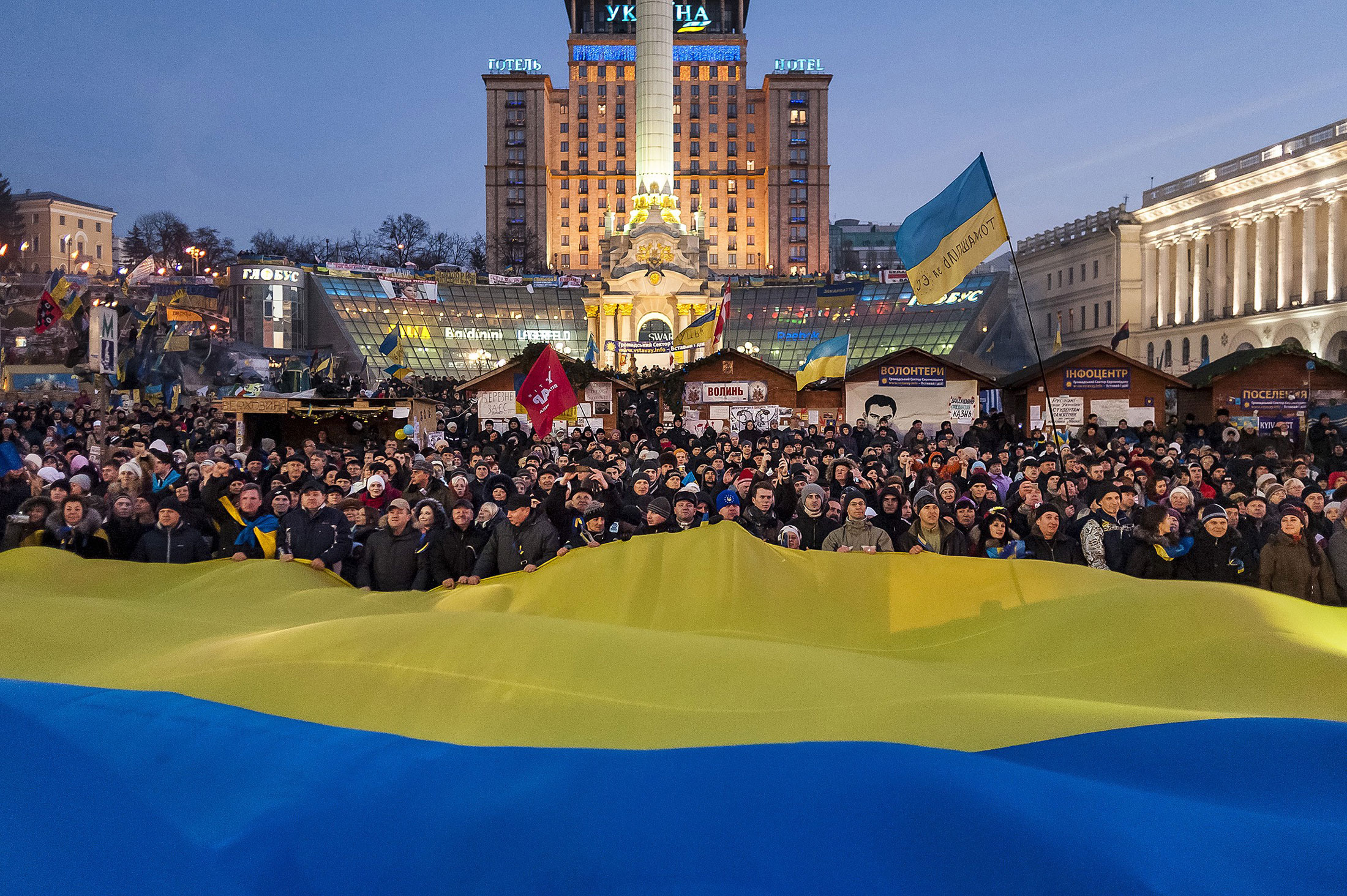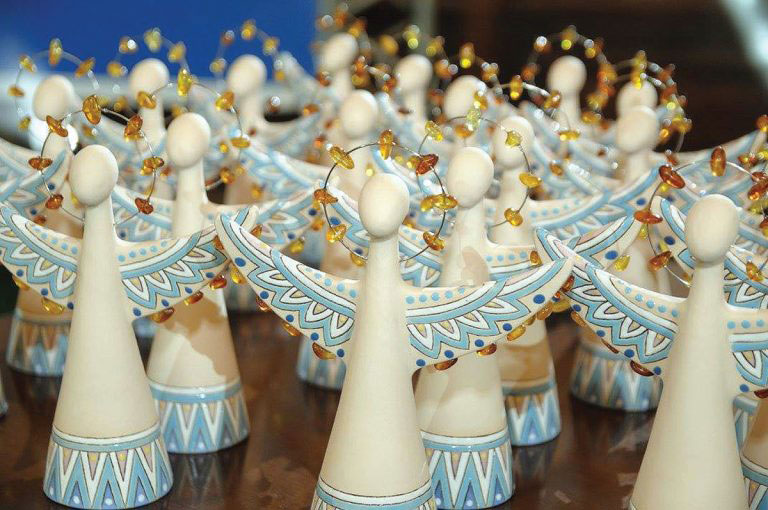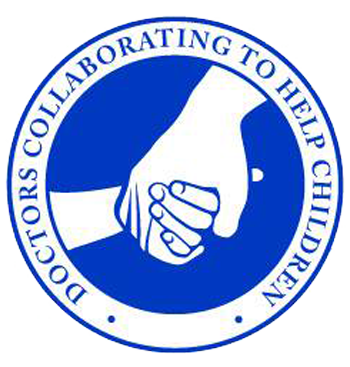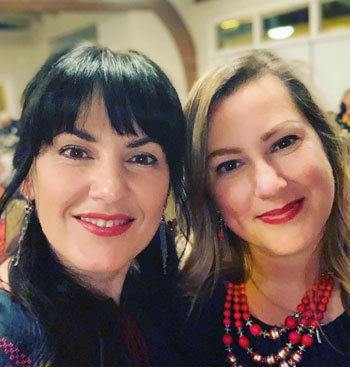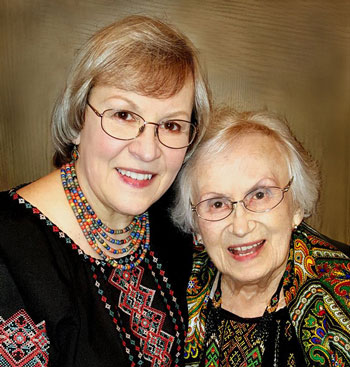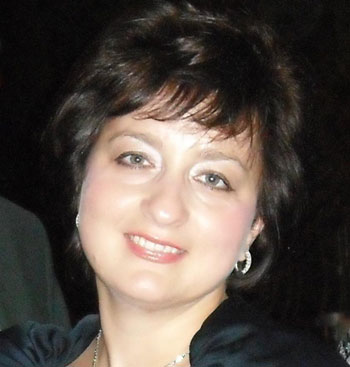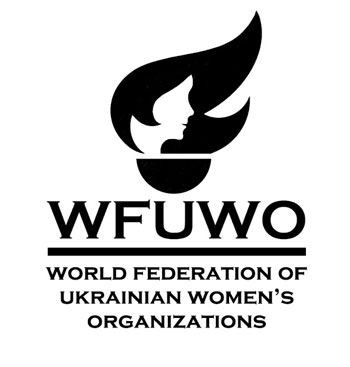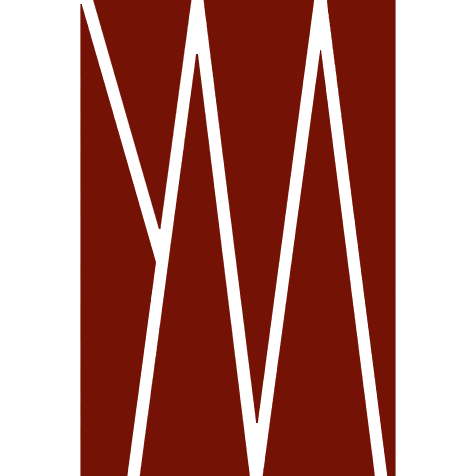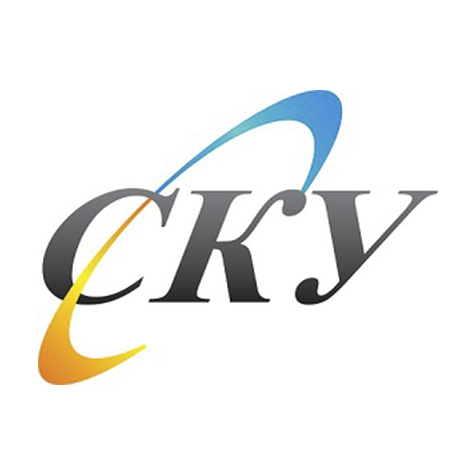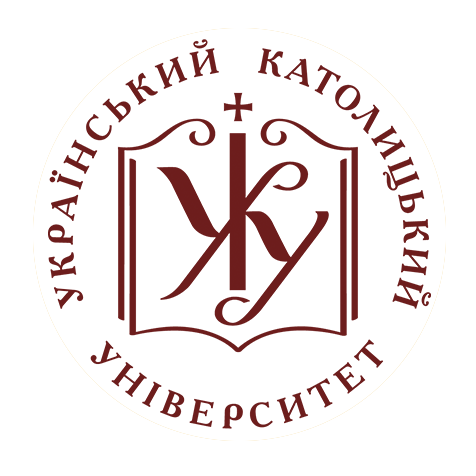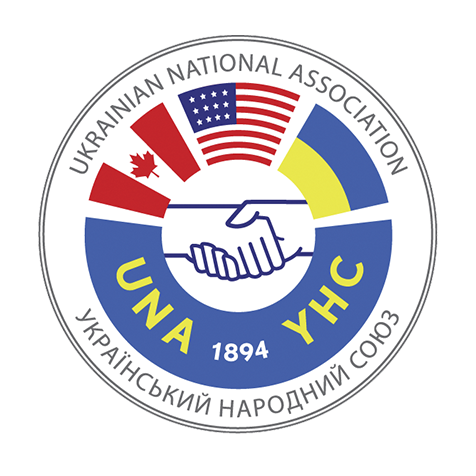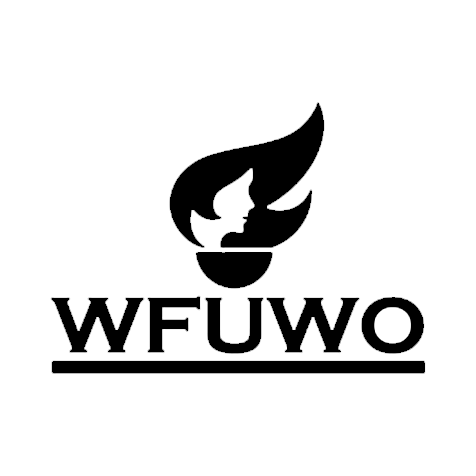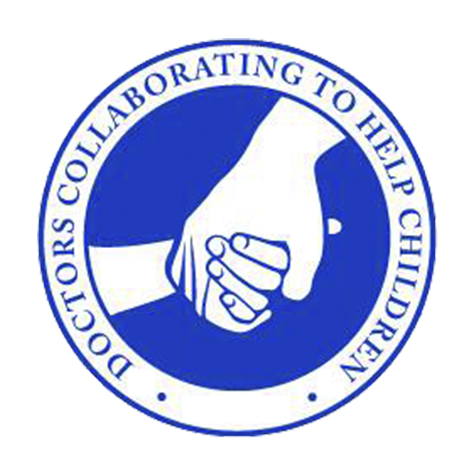Advocate, Educate, Cultivate, and Care. The UNWLA follows a century-long tradition of supporting Ukraine.
Take the UNWLA History With You
Interested in talking about the UNWLA in your community? Maybe, you are already a member? Enjoy the printable version of our memories (and current initiatives) in English or Українською with bonus Talking Points in English.
1925 – Five Ukrainian women’s associations in New York City and vicinity formed a centralized organization whose goals were to: inform the free world about events in Ukraine, spiritually and materially support the homeland and promote the preservation of Ukrainian national identity, cultural heritage and ethnic traditions in the United States. The name given to the new organization was Soyuz Ukrainok Ameryky – The Ukrainian National Women’s League of America (UNWLA).
1927 – Provided aid to flood victims in the Transcarpathian region of Ukraine.
1930 – Established a Medical Aid Fund to help the victims of Soviet “pacification.”
1932 – Convened a historic first Women’s Congress of America which included women’s organizations from the United States and Canada. This Congress helped define the UNWLA’s role in the Ukrainian women’s movement.
1933 – Took part in World’s Fair (Chicago) and showcased Ukrainian folk art in the Ukrainian Pavilion. Organized an Emergency Relief Committee for Starving Ukrainians to aid Holodomor survivors.
1934 – Provided aid for flood victims in Mississippi.
1936 – UNWLA Emblem created.
1937 – Third Convention creates nine (9) Regional Councils for the purpose of coordinating the work of the Branches.
1939 – Provided aid to displaced persons from Carpathian Ukraine. The first publication “Visnyk CYA” appears in the newspaper Ameryka
1940 – Co-founded the Ukrainian Congress Committee of America.
1941 – Created a fund for Ukrainian refugees in Europe. UNWLA grows to 62 Branches.
1942 – Engaged in the work of the Red Cross. The UNWLA’s “Club of Wartime Mothers” maintained contact with US servicemen.
1944 – Engaged in projects of the United Ukrainian American Relief Committee (UUARC).
Started publication of the newsletter Our Life which would become a magazine in 1951.
1945-1949 – Assisted Ukrainians resettling in the US displaced by World War II.
1948 – Co-founded the World Federation of Ukrainian Women’s Organizations (WFUWO) in Philadelphia, PA.
Co-founded the World Congress of Free Ukrainians.
Became an associate member of the General Federation of Women’s Clubs (GFWC) which enabled the UNWLA to participate in national and international events.
1949 – Created the Social Welfare Fund “Mother & Child” to aid displaced persons. This included organizing a temporary residence in Philadelphia for widows and their children and forming a pre-school (Svitlychka) allowing mothers to pursue employment.
1952 – Became a member of the National Council of Women (NCW/USA). Since then, UNWLA members have been elected to serve on its Executive Committee.
1953-1963 – Sponsored pre-schools and schools of Ukrainian studies in Germany, Austria and Belgium. In 1953, Fund Babusi is created to help women in Ukraine.
1953 – Purchased the first building in Philadelphia, PA, for its offices.
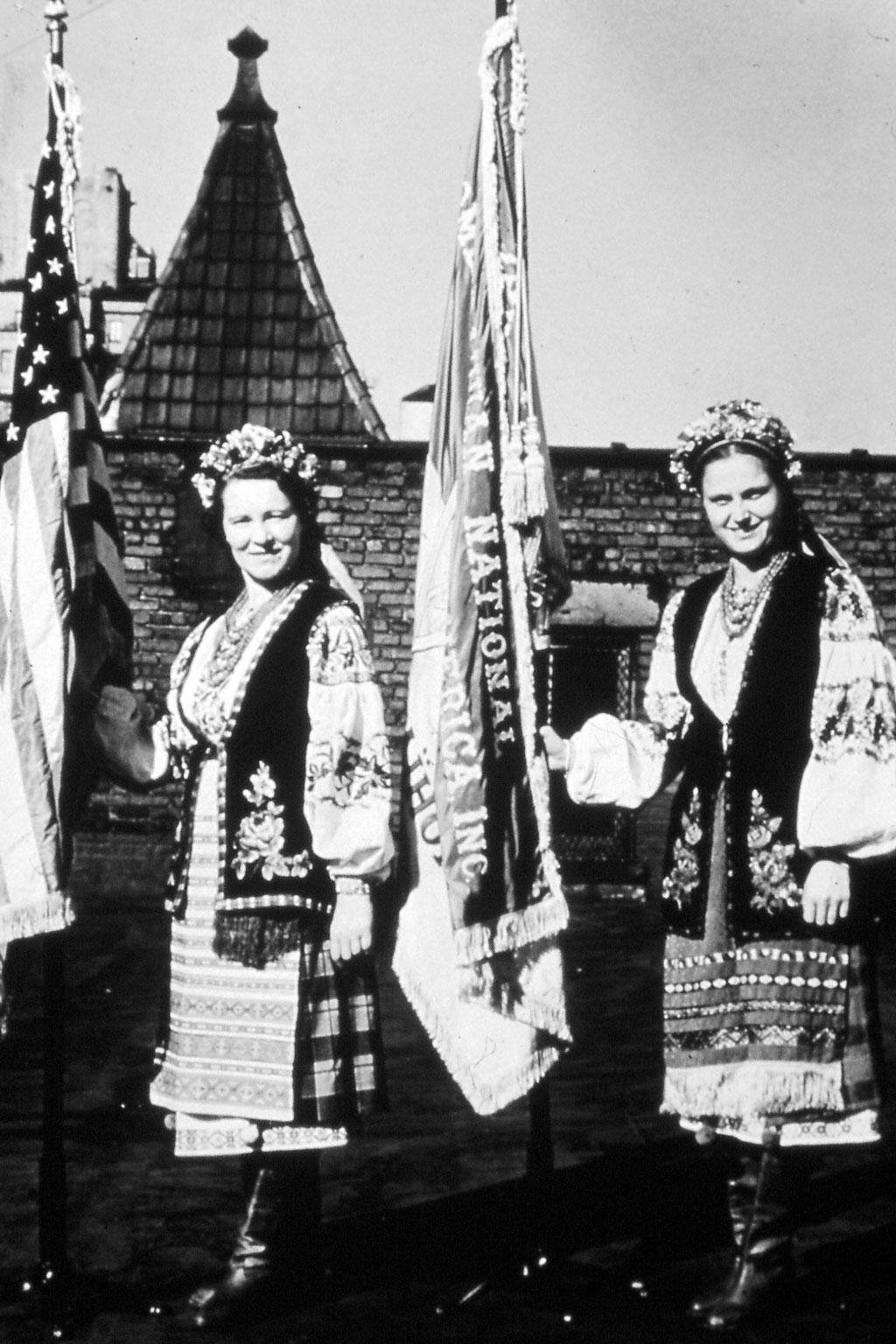
1961 – Funded and oversaw the construction of the Lesia Ukrainka statue in Cleveland, OH.
1963 – Together with the Ukrainian Congress Committee of America, the UNWLA Education Committee developed teacher training materials.
1965 – Branch 64 in New York re-created a collection of “Historical Ukrainian Apparel” captivating Ukrainian, American and international audiences across the US and Canada.
1967 – Established the UNWLA Scholarship Fund. Since 1967, the UNWLA has awarded scholarships to over 5,000 recipients totaling over $5,000,000. Same year, the UNWLA founded the Museum of Ukrainian Folk Art. The collection of artifacts was housed at the Ukrainian Institute of America until 1973.
Established the “Lesia and Petro Kovaliv Fund” which annually awards merit-based prizes for Ukrainian-themed literary and historical works.
1976 – Established the Ukrainian Museum in NYC. Protested against the repression of Ukrainian women behind the Iron Curtain at the International Tribunal, “Crimes Against Women,” held in Brussels.
1978-1979 – Welcomed dissidents and held fundraisers to help resettle them in the free world.
1979– Obtains non-profit status as a 501(c)3.
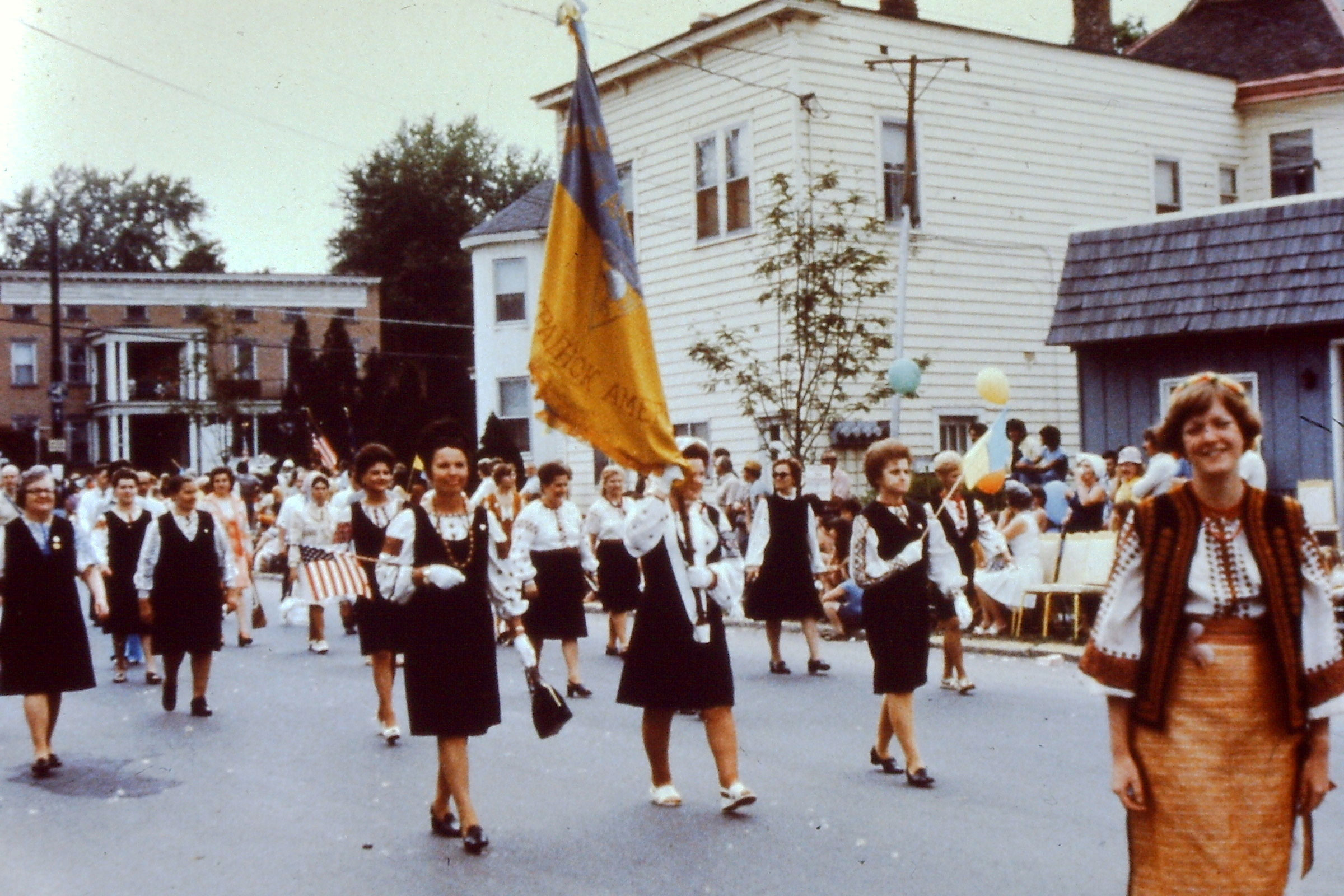
1982-1986 – Organized two women’s conferences “Ukrainian Woman in Two Worlds” which focused on the issues of young Ukrainian professional women living in two cultures.
1986 – Raised awareness of the Chornobyl disaster and created the Chornobyl Children’s Fund. Initiated the first resolution regarding nuclear accidents at the ICW General Assembly in London.
1986 – In celebration of 1000 years of Christianity, UNWLA publishes the English-language book on the history of the Ukrainian Church; sponsors an exhibit of Ukrainian wooden churches.
1990– UNWLA establishes contact with women’s organizations in Ukraine, including Soyuz Ukraiinok Ukrainy.
1991– Ukraine declares Independence. The UNWLA continues its cultural, educational and social welfare projects.
1999 – Initiated the “Milk and Buns” fund providing breakfast for preschool children in four cities of Ukraine.
2003 – Organized the “The World of the 21st Century Woman” conference held at the Ukrainian National Association Estate in Kerhonkson, NY.
2008 – Provided financial aid to areas devasted by flood areas in western Ukraine for the third time since 1927. Initiated the “Assistance and Caring for the Elderly” project to aid nursing homes in western, central, and northern Ukraine.
2010 – Funded the English translation and printing of Professor Valentyna Borysenko’s book, Svicha Pamiaty (Candle in Remembrance), an oral history of the Holodomor.
2011 – Partnered with “Doctors Collaborating to Help Children” and Shriner’s Hospital to aid pediatric burn victims in Lviv, Ukraine.
2012 – Purchased equipment and medical supplies for a children’s burn unit in Lviv, Ukraine.
The “Women’s Studies Lectureship,” funded by the UNWLA, held its official inauguration at the Ukrainian Catholic University on September 1st in Lviv, Ukraine.
2013 – Raised funds in support of the “Revolution of Dignity” and informed our government of the events to encourage their support. Recognized as a pioneer in raising Holodomor awareness during the academic conference “Taking Measure of the Holodomor” which was hosted at the Ukrainian Museum.
2014 – Launched the “Aid to Ukrainian War Victims” project which provides financial assistance, medical care and rehabilitation to the wounded. UNWLA Board members visited the wounded in five military hospitals in Ukraine. Through the newly initiated program, “Adopt the Family of a Fallen Hero,” UNWLA branches sponsor individual families of soldiers killed in battle.
2015 – Sent equipment and supplies to military hospitals in Dnipro, Zhytomyr and Lviv, Ukraine. Funded the documentary, “Ms. Maidan,” featuring interviews with activists and women who upheld the Maidan ideals during the war in eastern Ukraine. Co-sponsored “The Ukrainian Diaspora – Women Artists, 1908 – 2015,” exhibit at the Ukrainian Museum highlighting the amazing achievements and artistic contributions of these women.
2016 – Funding was provided to establish Prostir Nadii (A Place of Hope) at the Ukrainian Catholic University’s Mental Health Institute. This center specializes in treating PTSD. The same year, the UNWLA financed the printing of a book comprising a collection of academic works on Natalya Kobrynska.
2017 – Won the first-place award “Angel of Good” award in the category “Aid from Outside Ukraine” in the 2016 Charitable Ukraine contest.
Starting 2017, the UNWLA has supported two theological seminaries: the Kyiv Three Saints Theological Seminary of the Ukrainian Greek Catholic Church and the Volyn Orthodox Theological Academy. Both of these institutions focus on the training of future priests whose vocation will take them to the eastern regions of Ukraine.
2018 – With the assistance of UNWLA funding, the Women’s Studies Lecture Program at the Ukrainian Catholic University grew into a UNWLA Centre for Women’s Studies offering graduate and undergraduate courses.
2019 – Launch of the “Spiritual Rebirth of Ukraine” project: the UNWLA has supported two theological seminaries: the Kyiv Three Saints Theological Seminary of the Ukrainian Greek Catholic Church and the Volyn Orthodox Theological Academy. Both of these institutions focus on the training of future priests whose vocation will take them to the eastern regions of Ukraine.
2020 – With UNWLA support, the second edition of Survival as Victory: Ukrainian Women in the Gulag by Dr. Oksana Kis is published.
2021 – The UNWLA raised over $30,000 for the purchase of oxygen concentrators and CPAPs machines for patients in Ukrainian hospitals suffering from COVID-19. celebrating the 150th anniversary of her birth, the UNWLA response yielded $8,000 for the Museum Estate of Lesya Ukrainka.
2022 – With the offset of the Russian military aggression against Ukraine, the Ukrainian National Women’s League of America continues to provide need-based humanitarian aid, including specific medical aid, to Ukraine.
Partners and Members Testimonials
“It’s more than just a partnership! - 8 years of trust, friendship, and support.”
We have joined the SJ Branch and have been actively working on many projects because it’s important for us to stay close to the Ukrainian community while contributing to a good cause.
My parents, who immigrated to the US, did not speak much about their past experiences because it brought back painful memories. Although I knew a little about our culture from the few traditions we kept alive, joining the UNWLA gave me the opportunity to learn more about my homeland.
Being a member of the UNWLA and sharing awareness of Ukrainian culture, I found many friends and opportunities to express myself in many different ways, such as writing articles, singing Ukrainian songs, doing traditional embroidery, and taking part in charitable activities.
UNWLA is central to WFUWO’s projects in humanitarian, cultural and educational fields. UNWLA members are prominent in our representation to the United Nations through affiliation with the UN Department of Public Information (since 1990) and the UN Economic and Social Council (since 1993).



